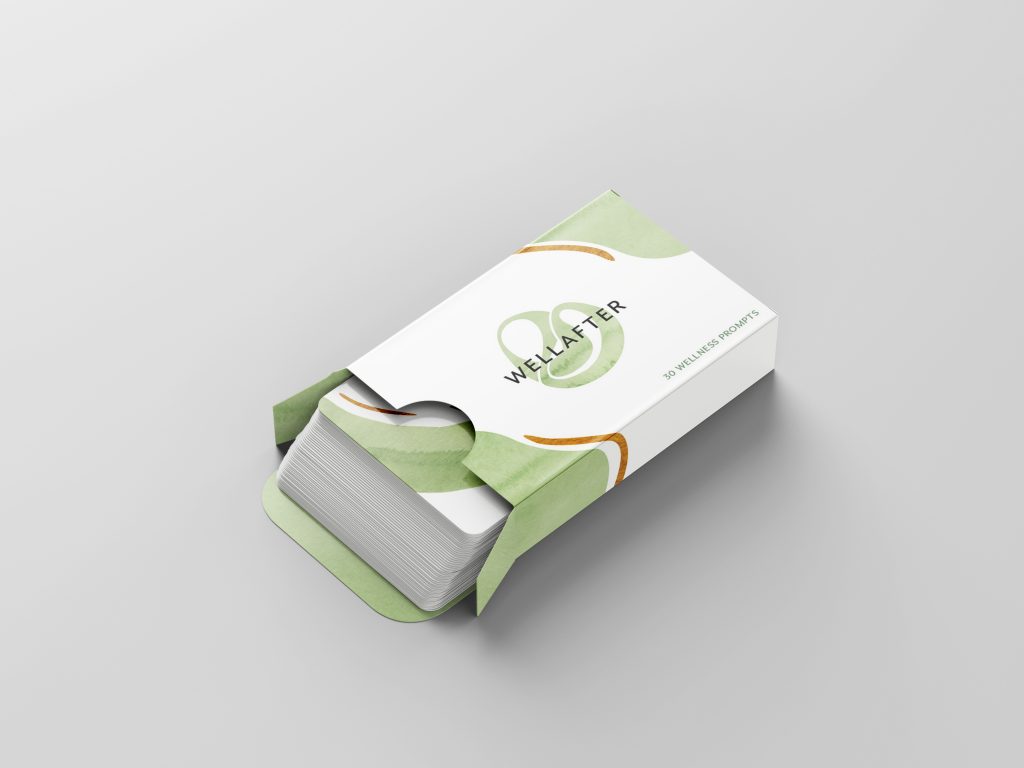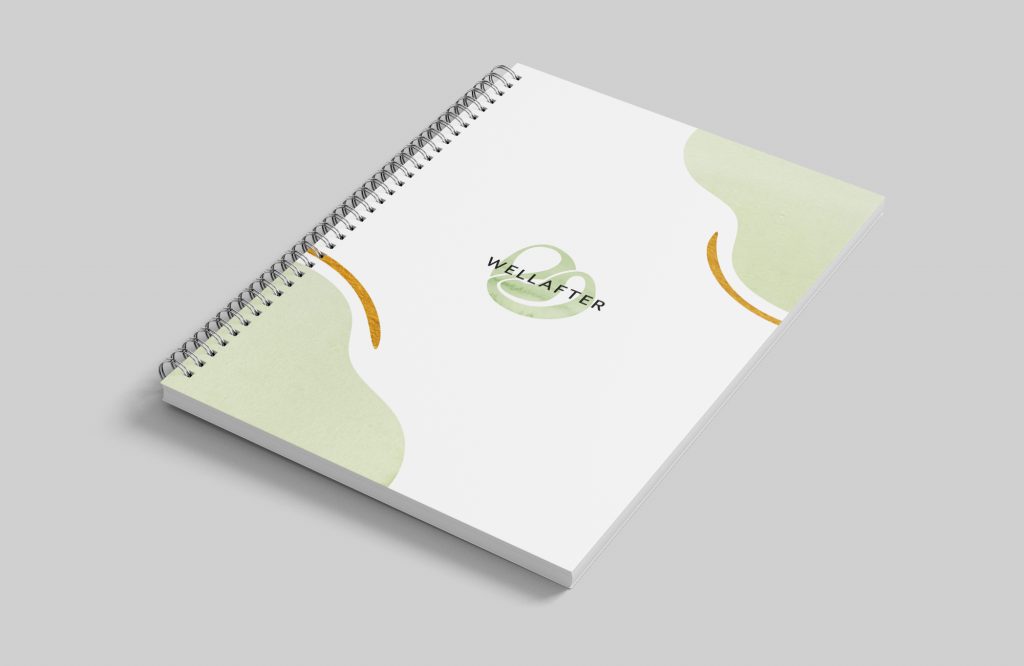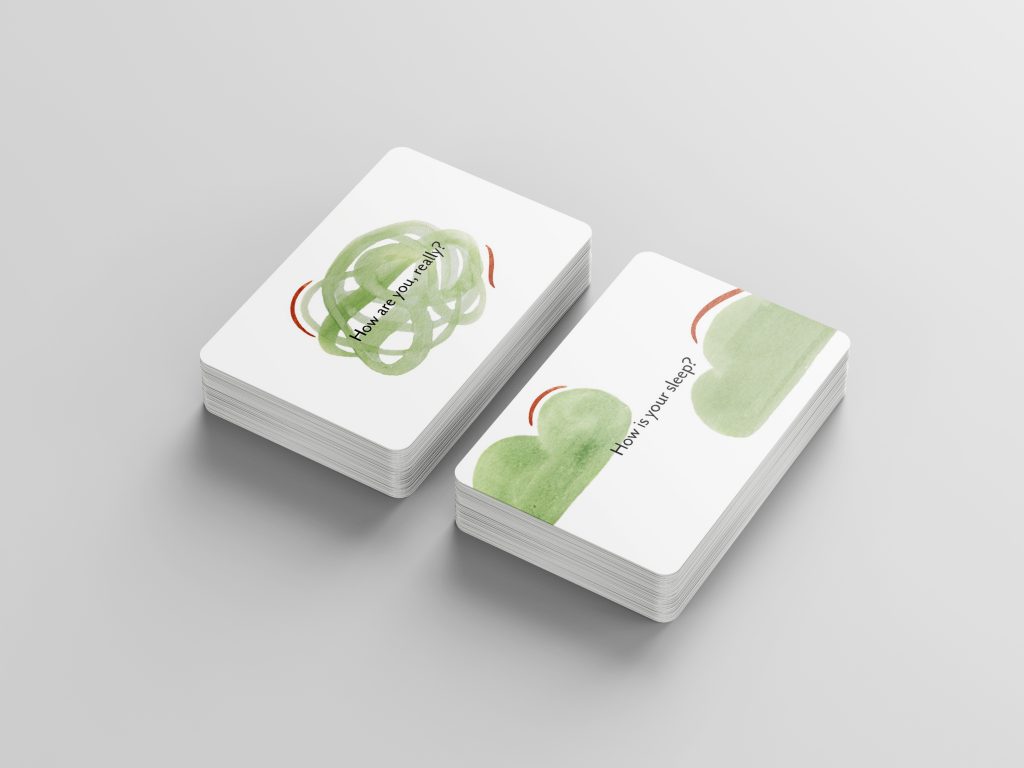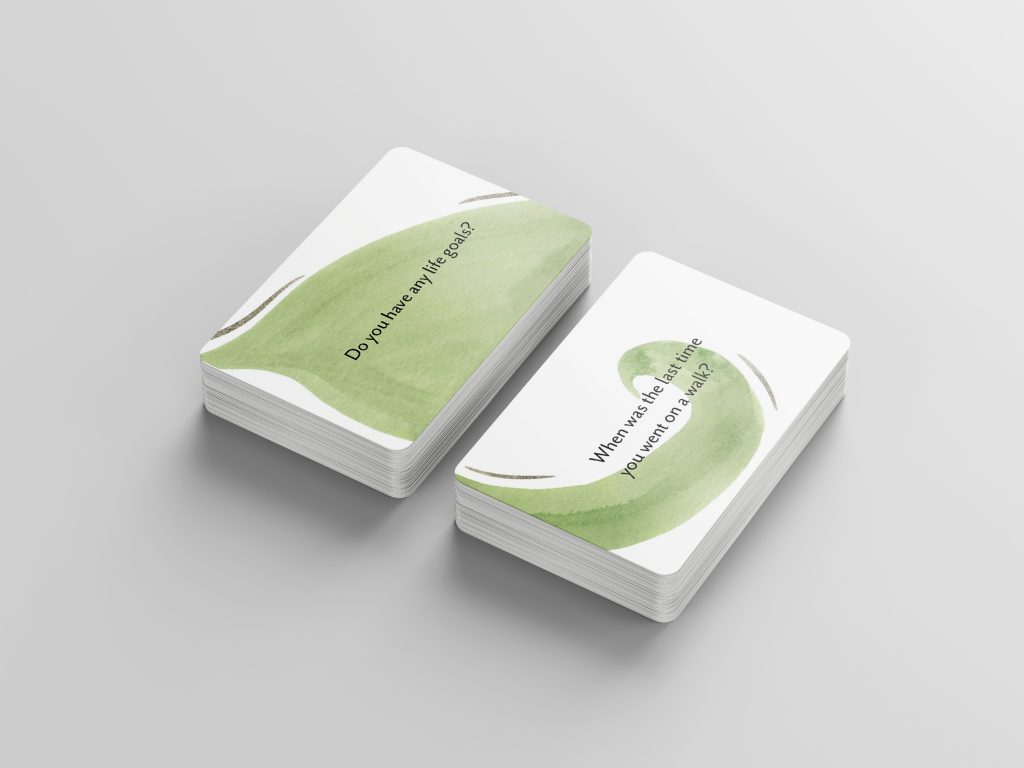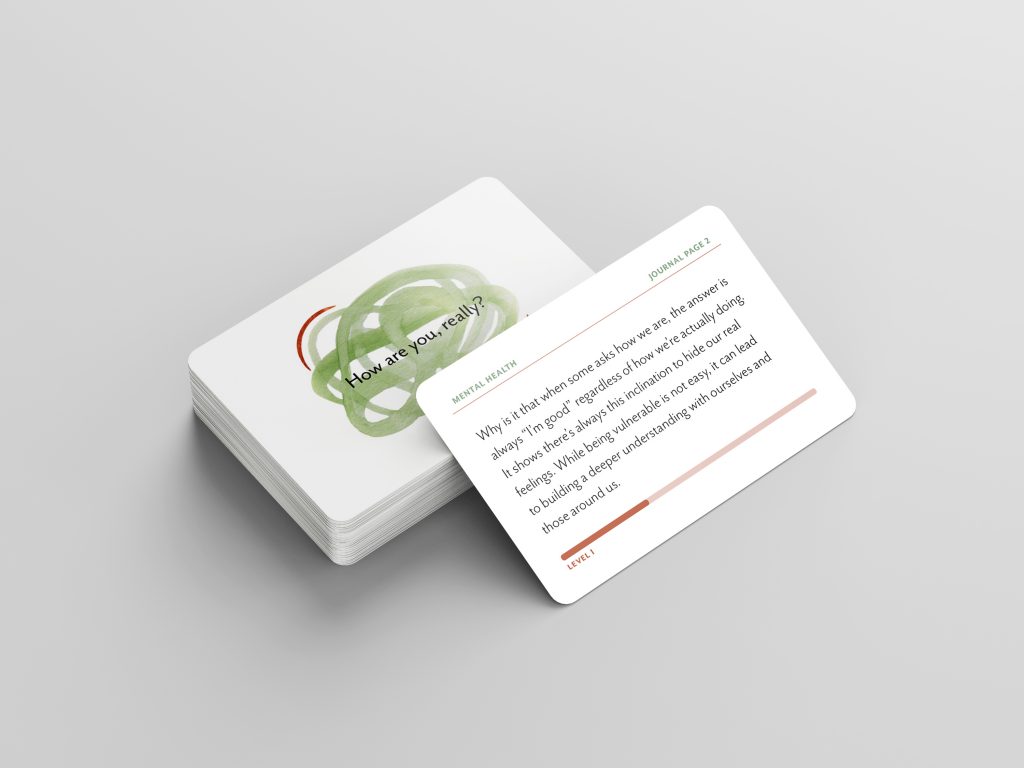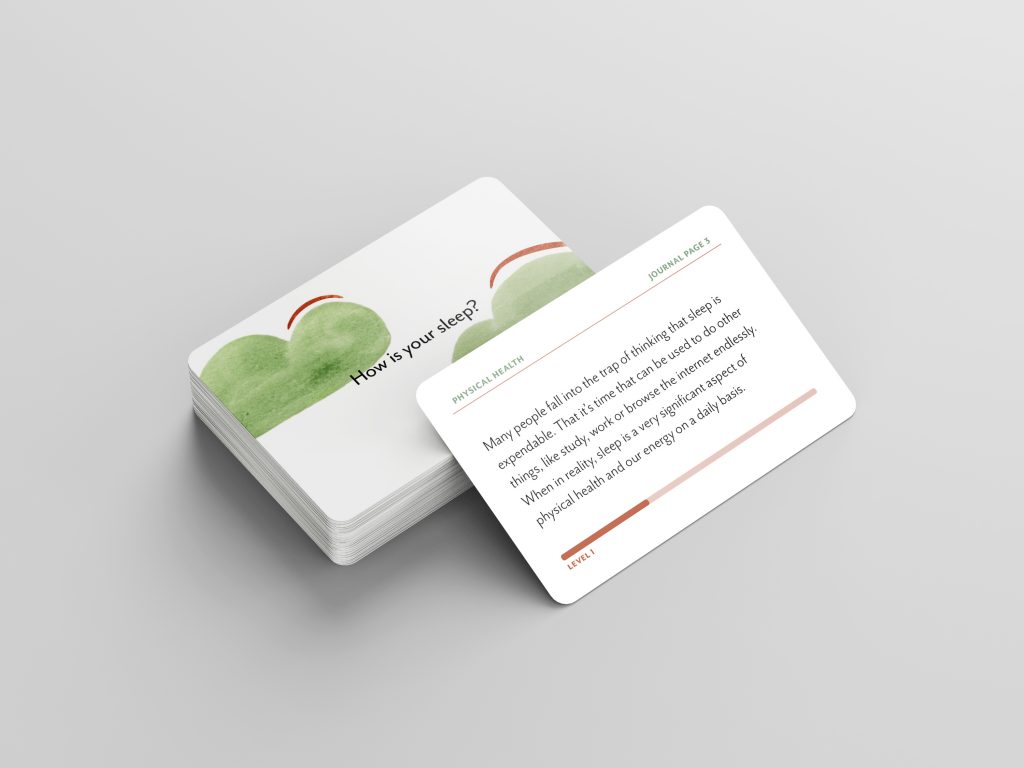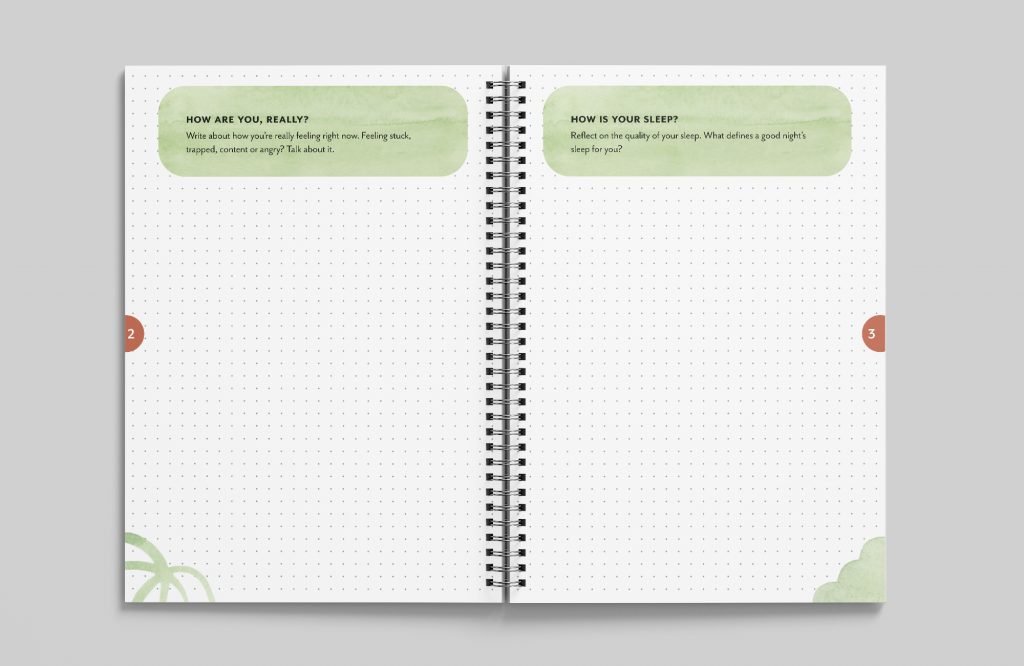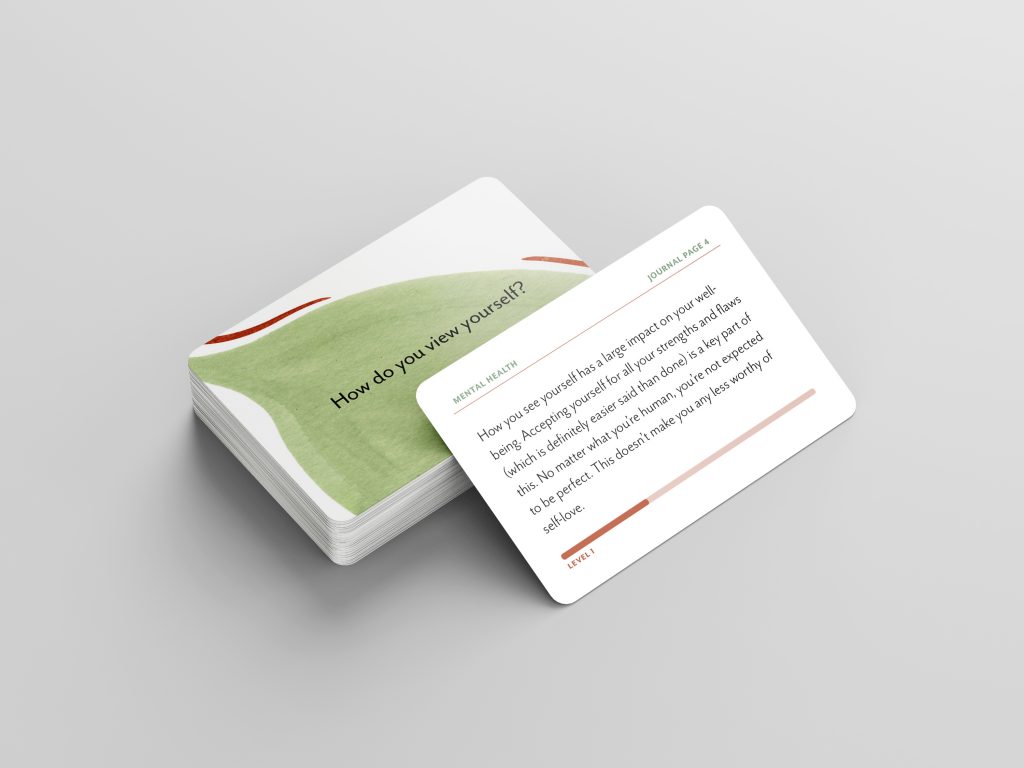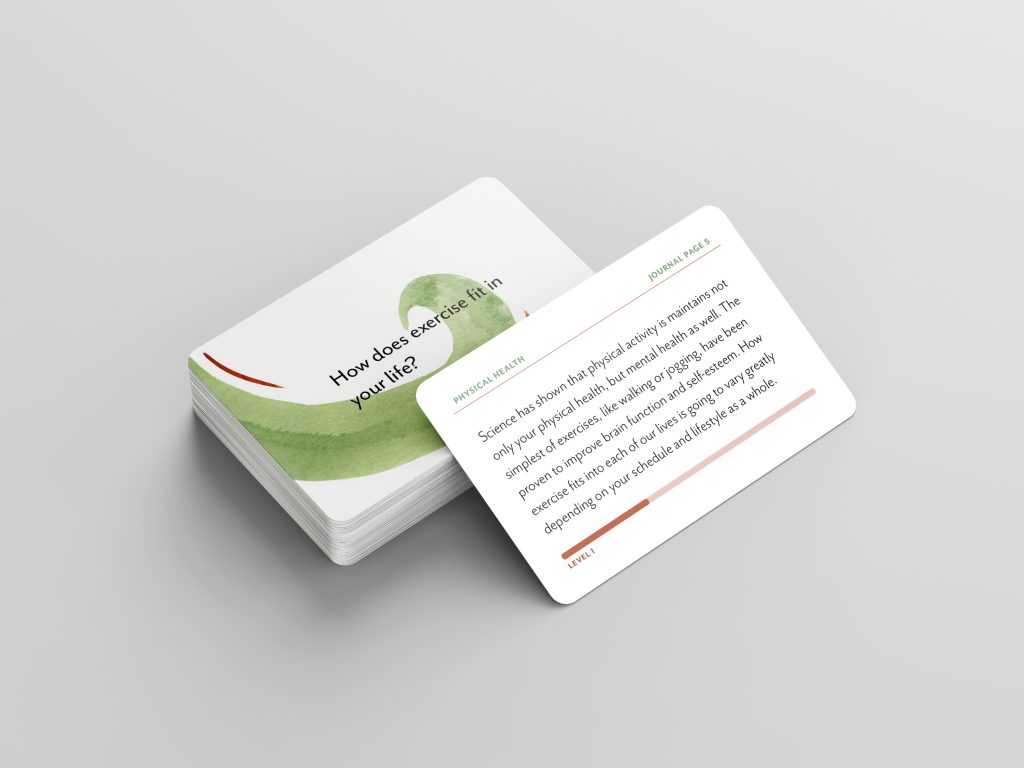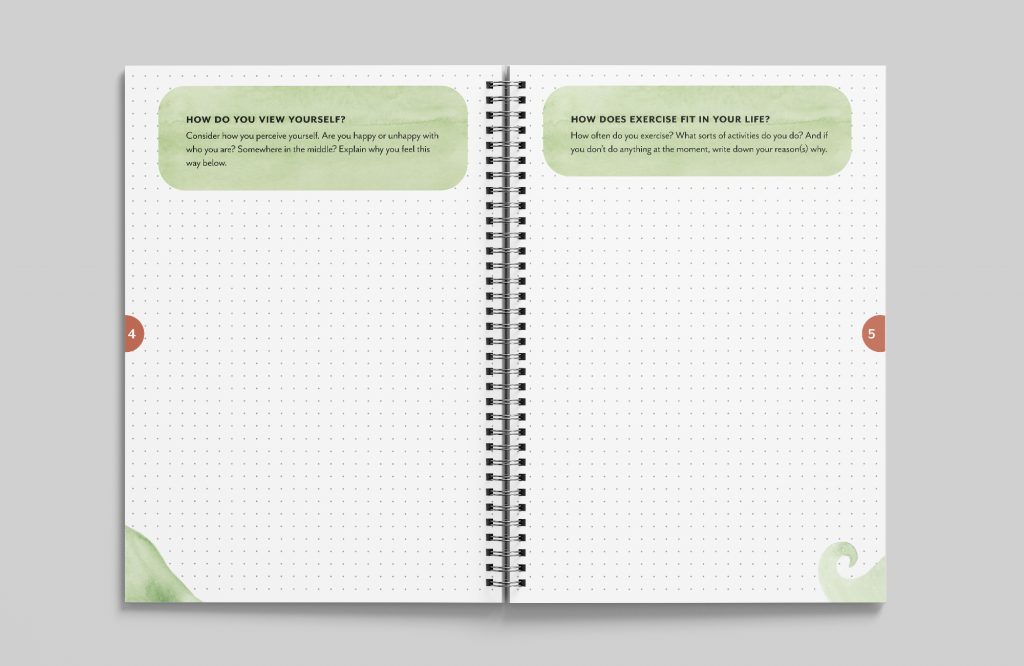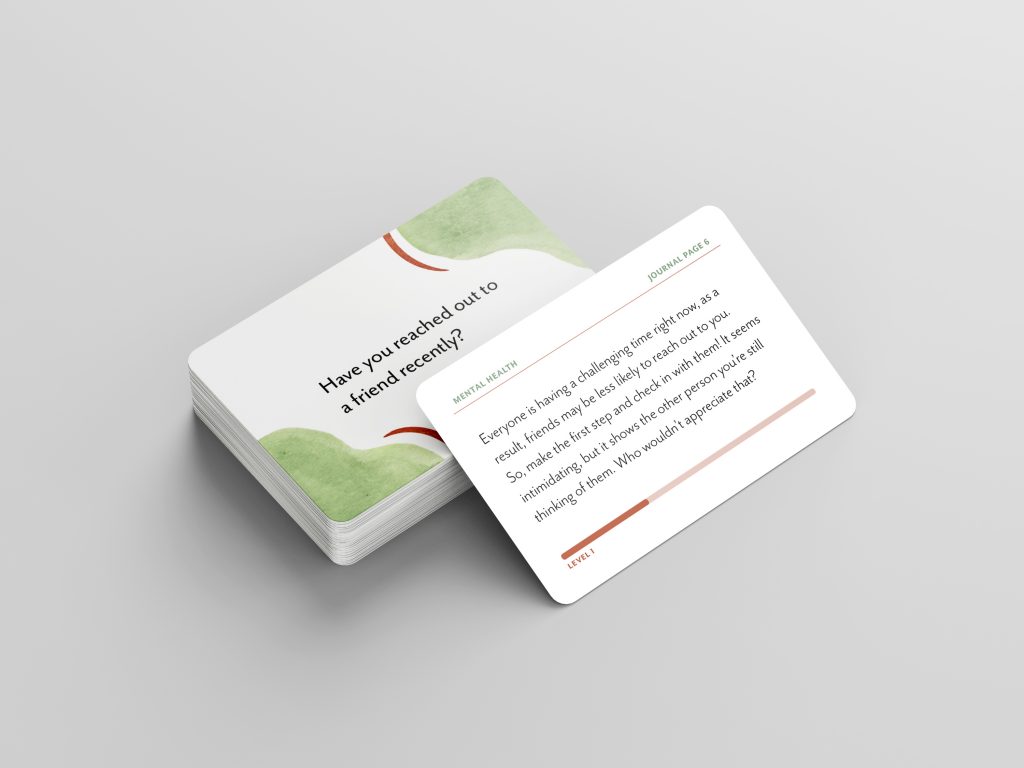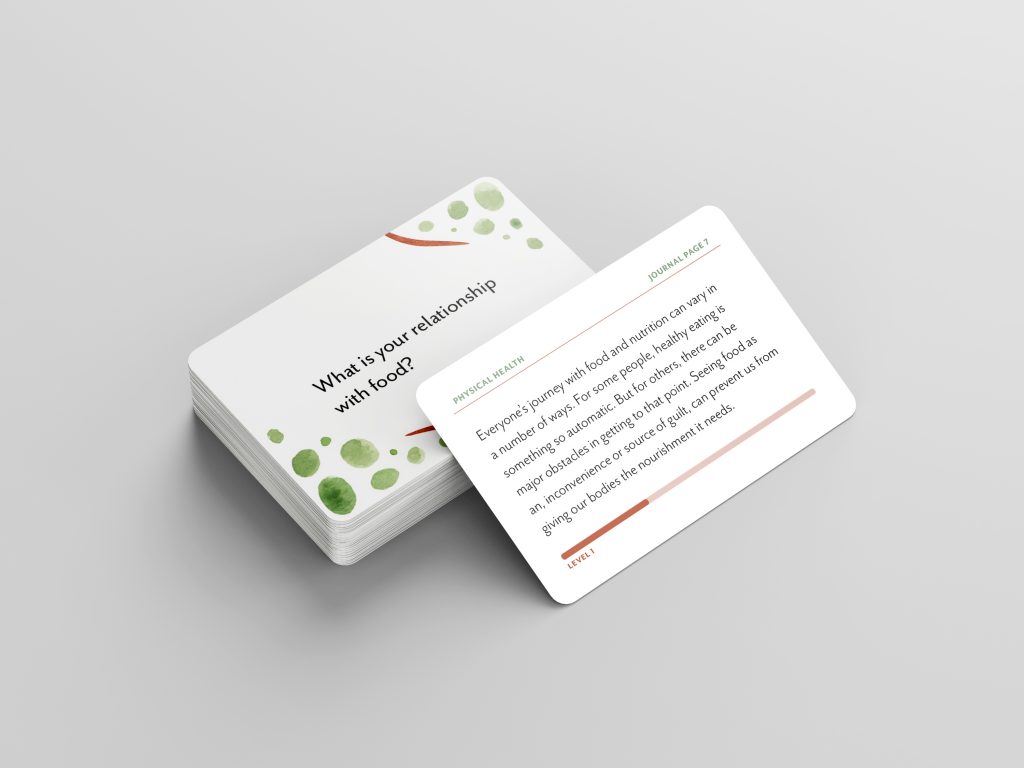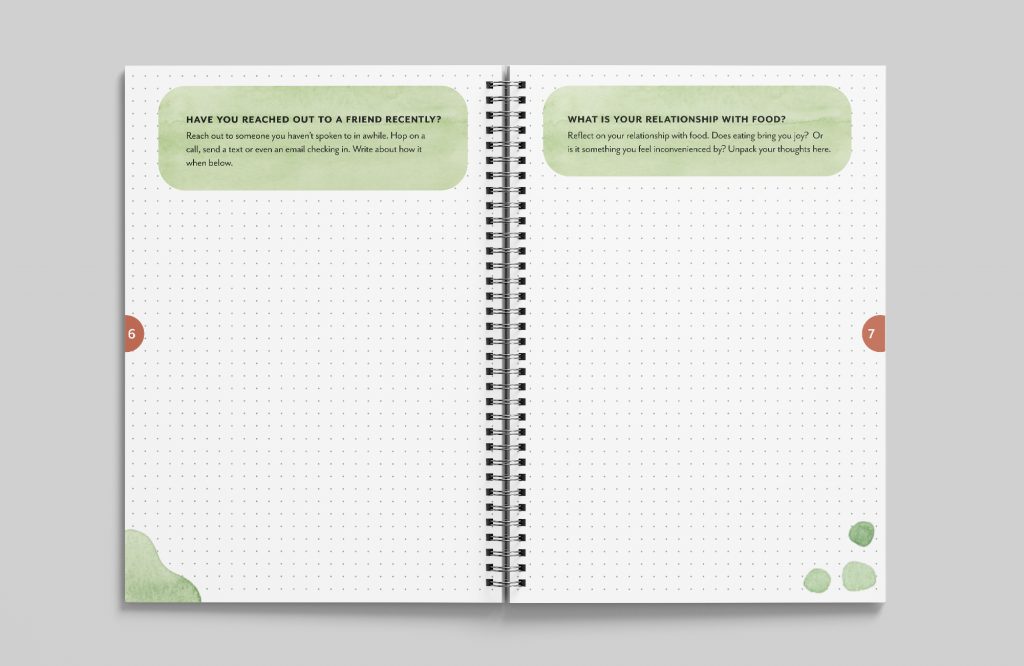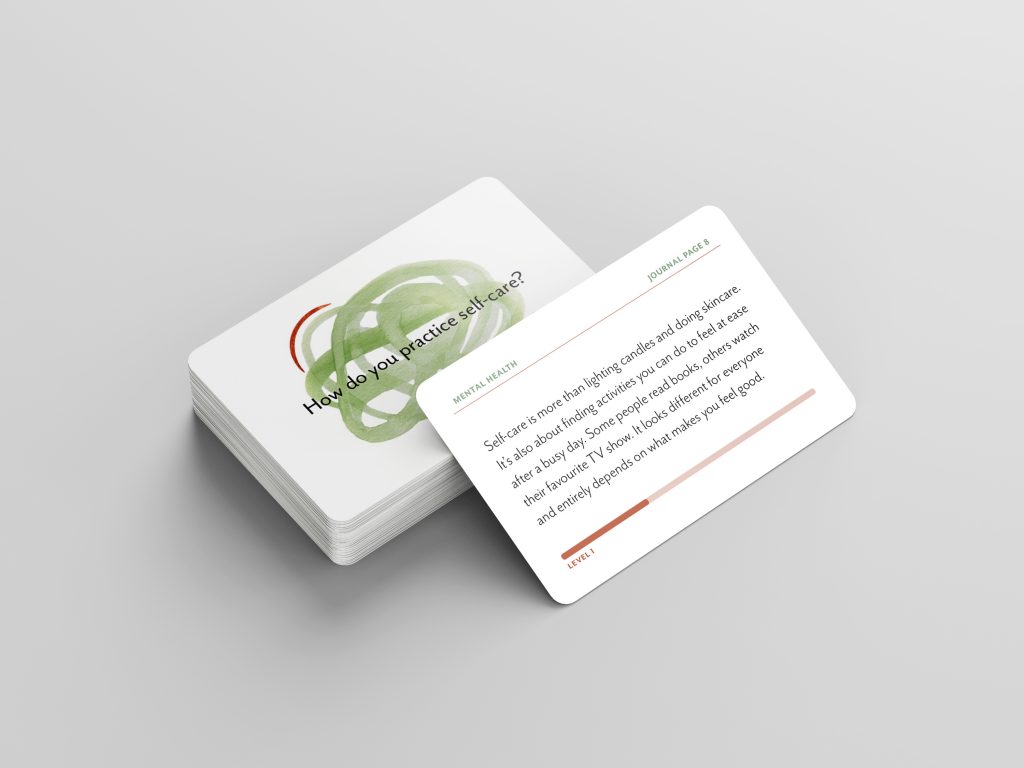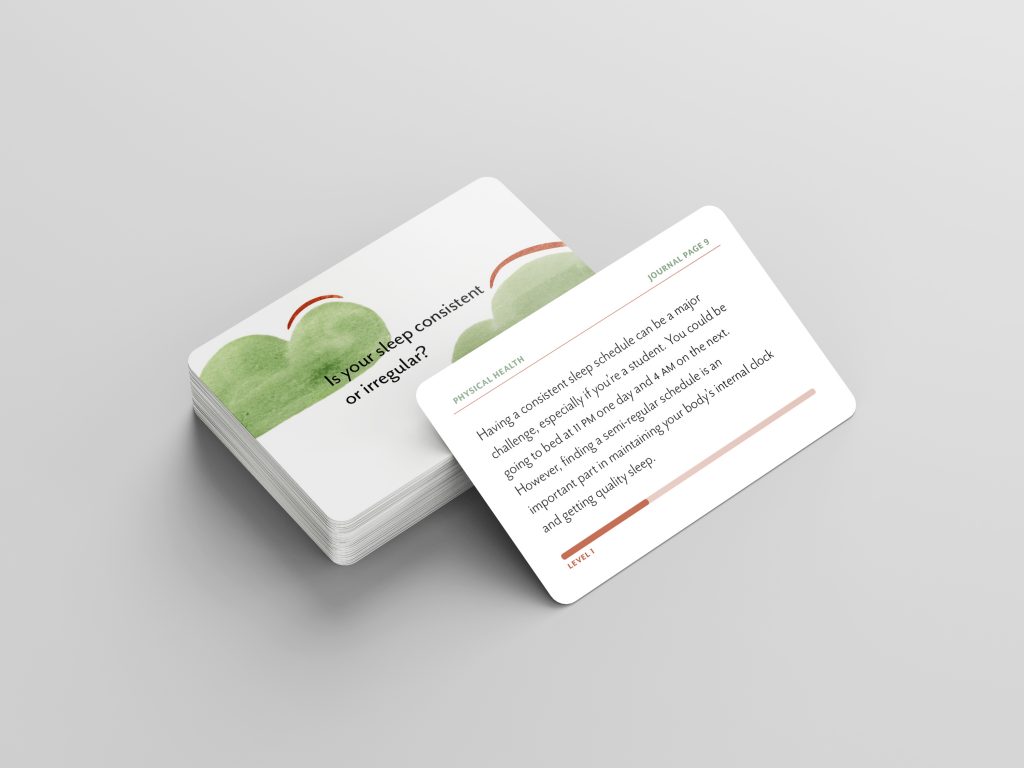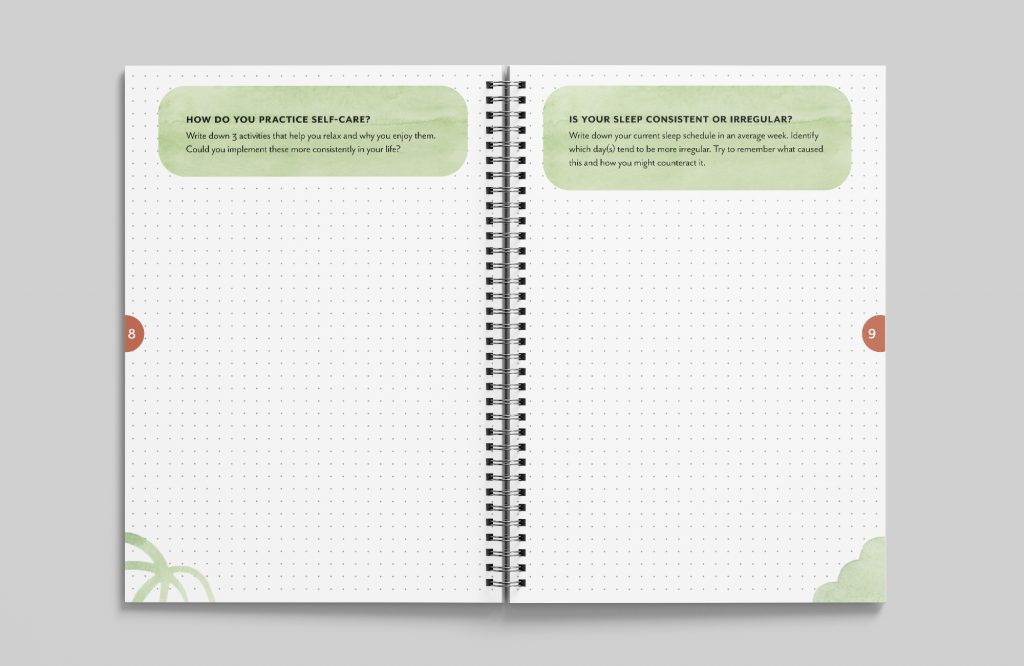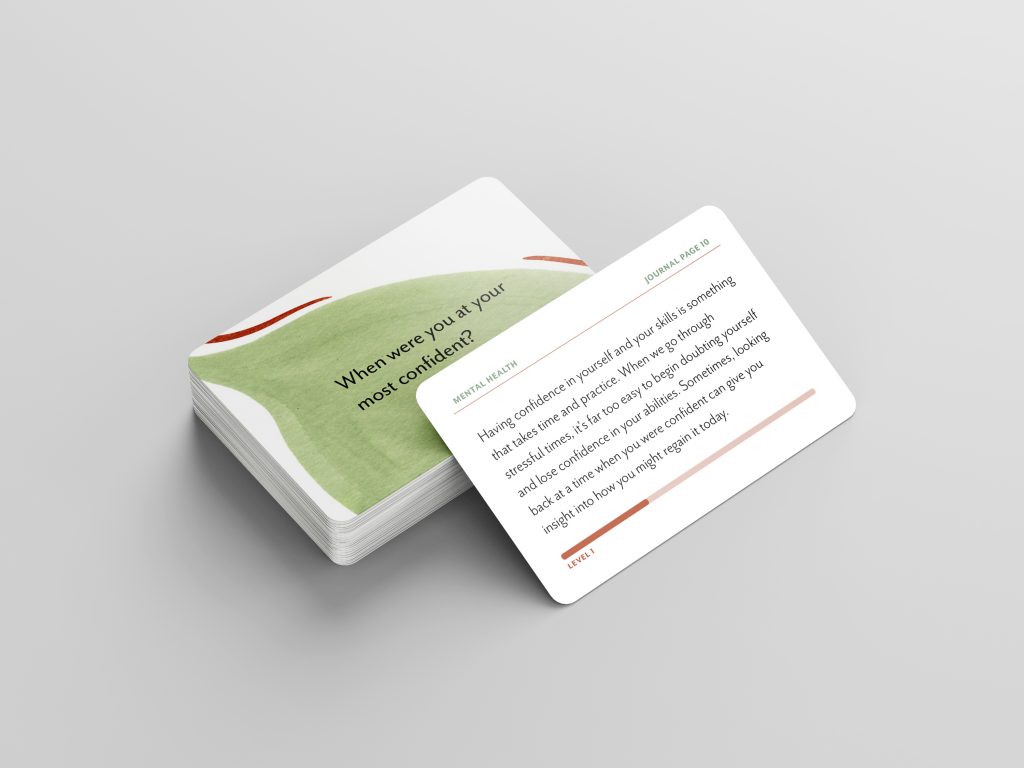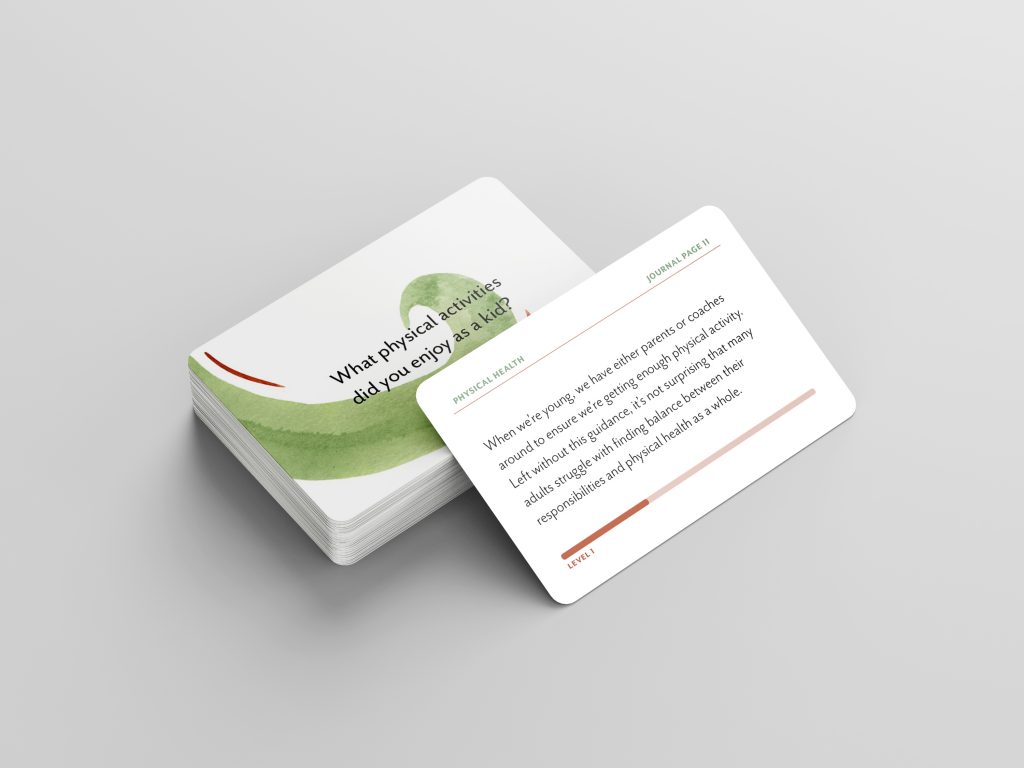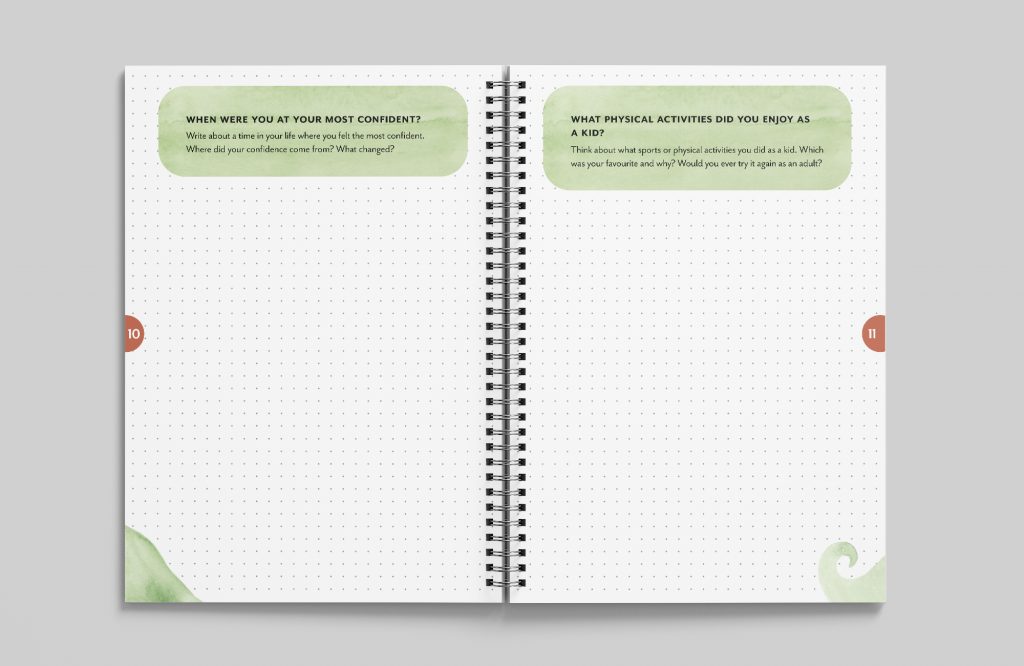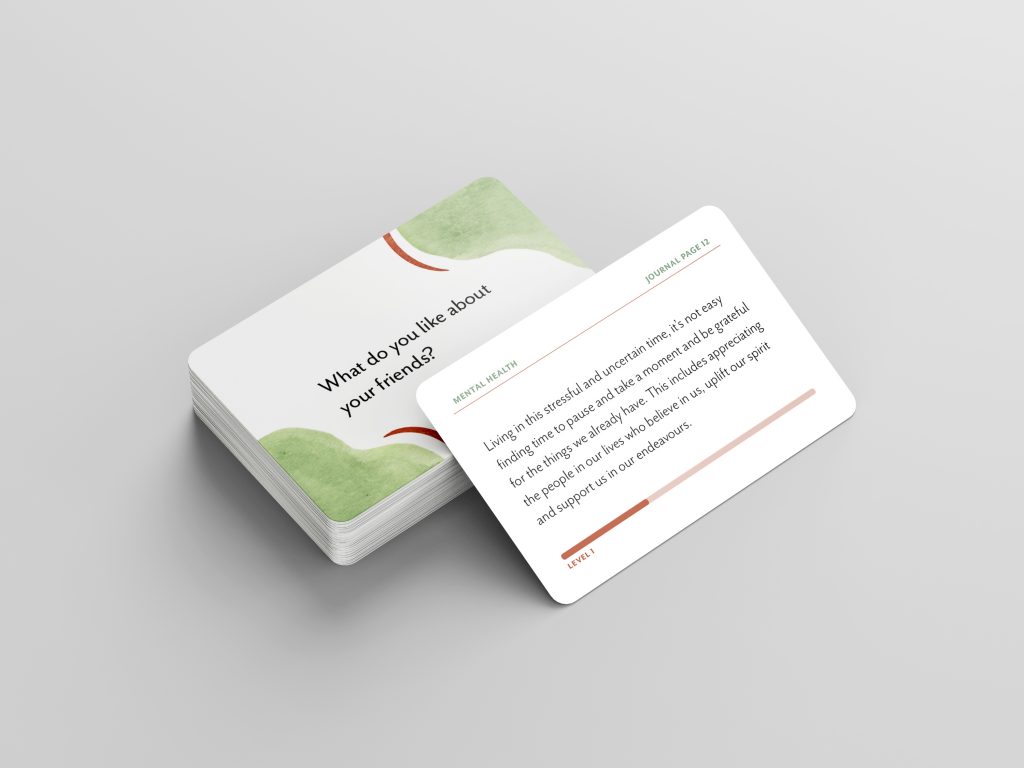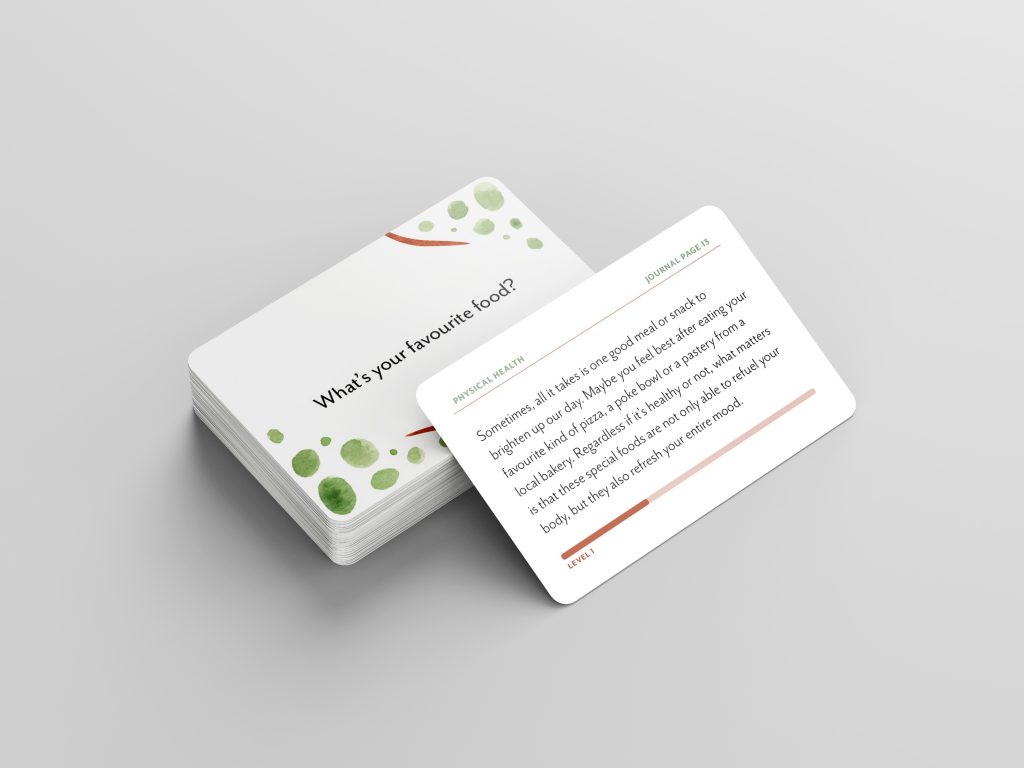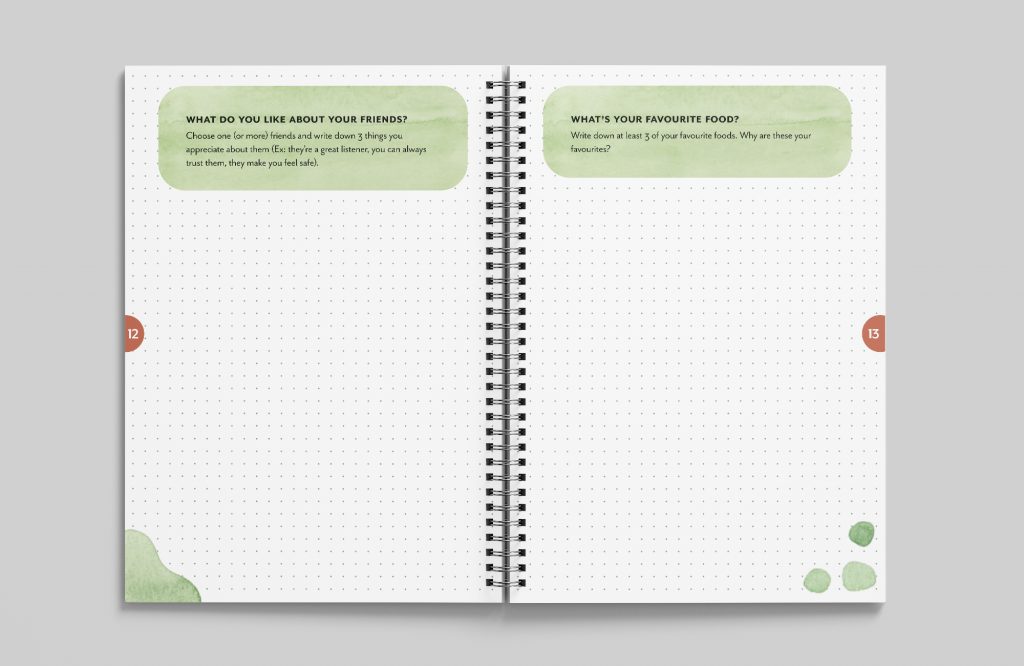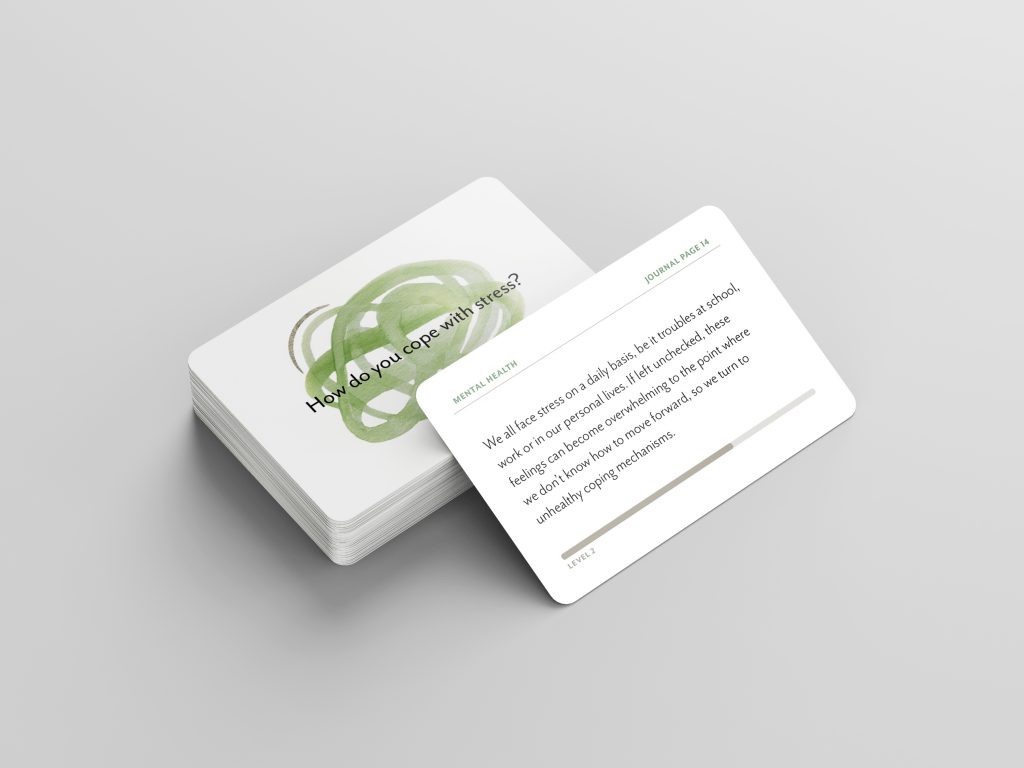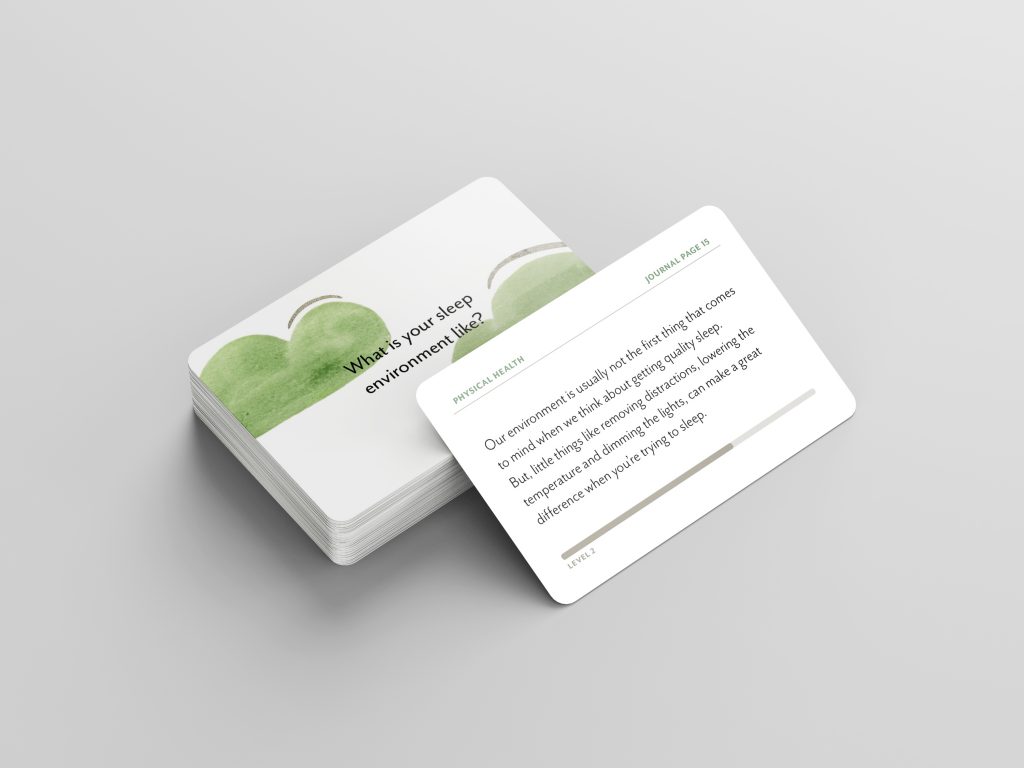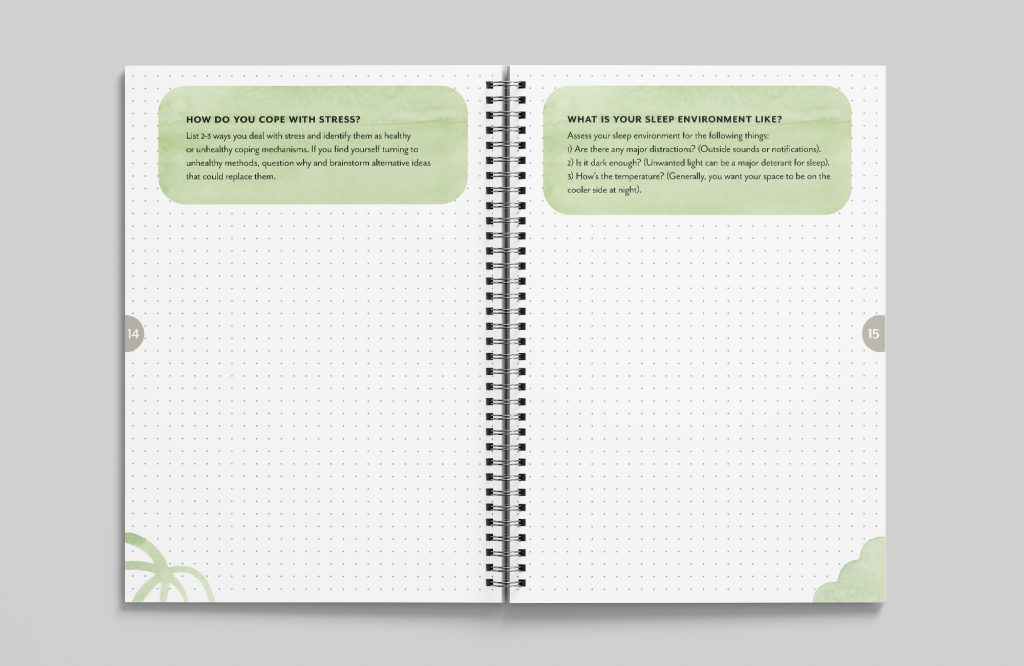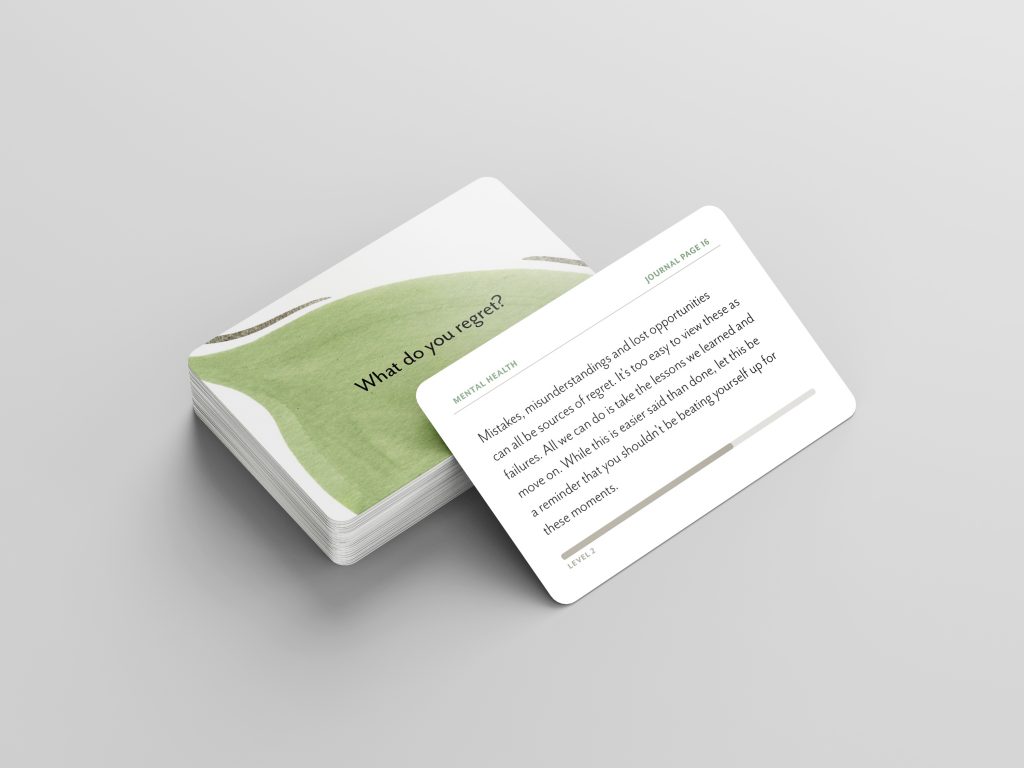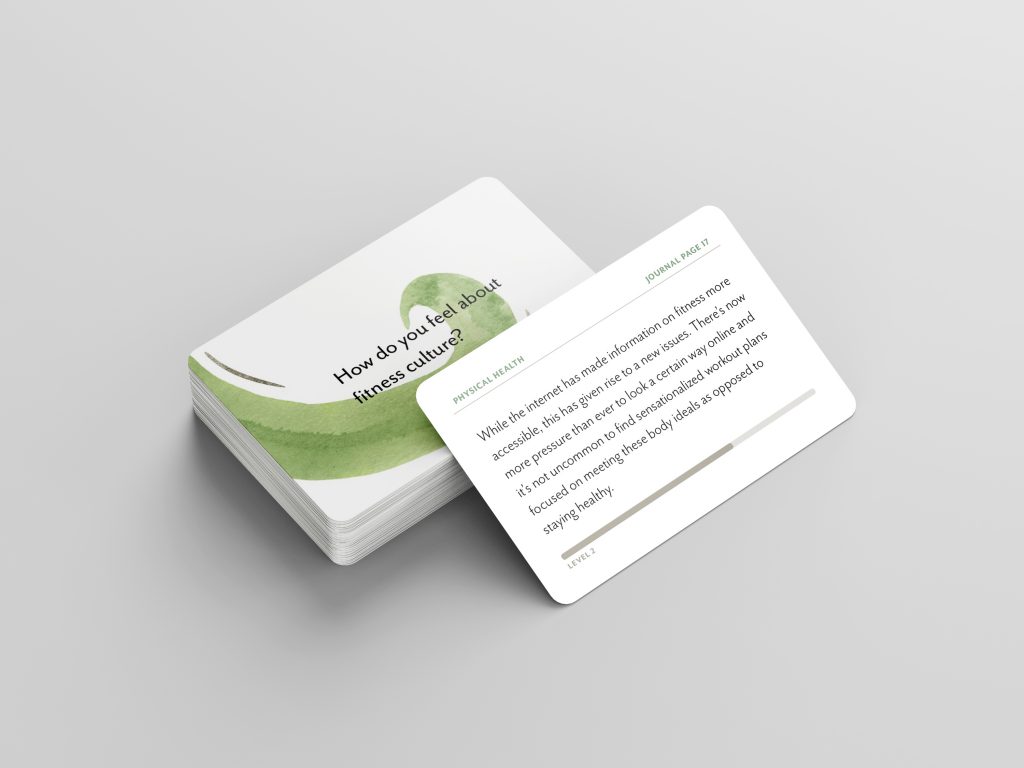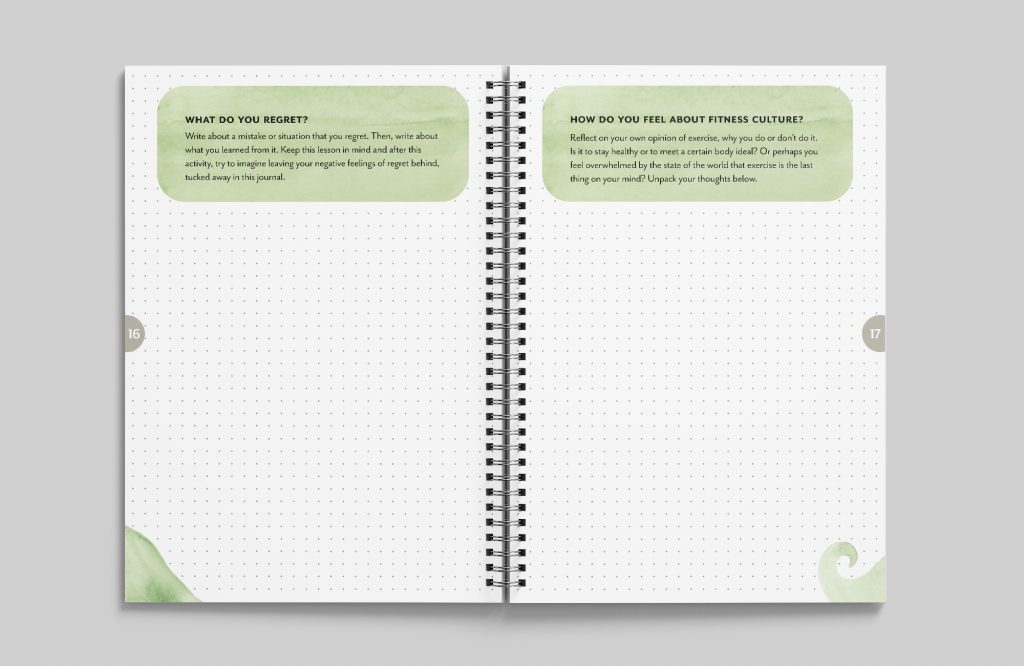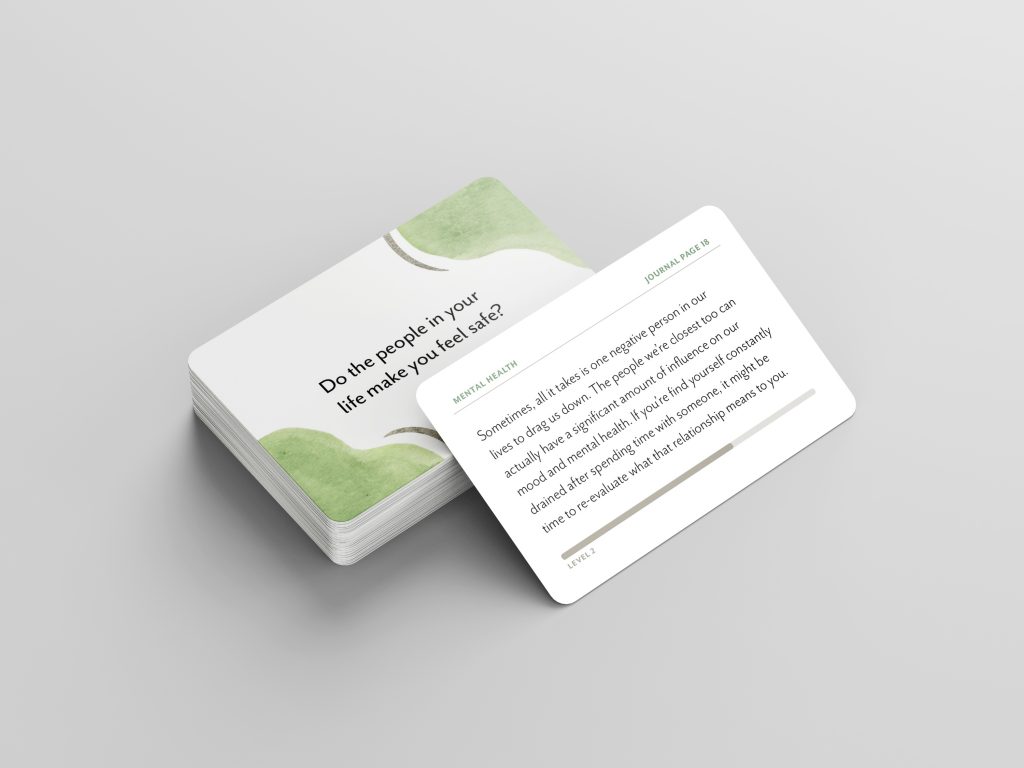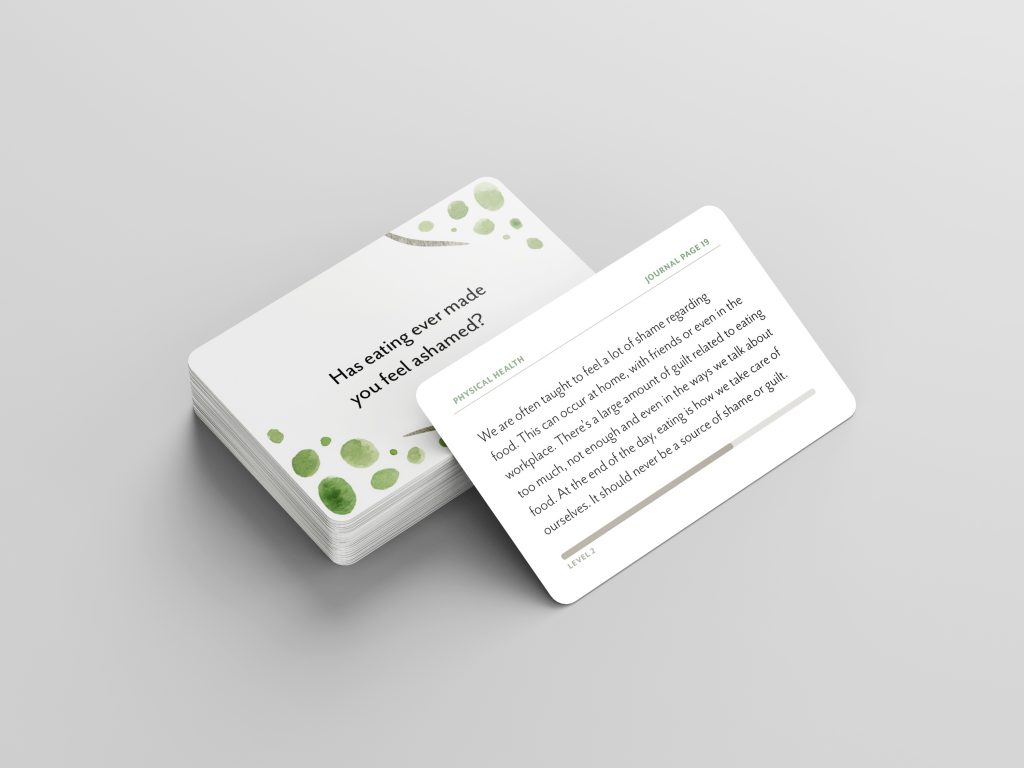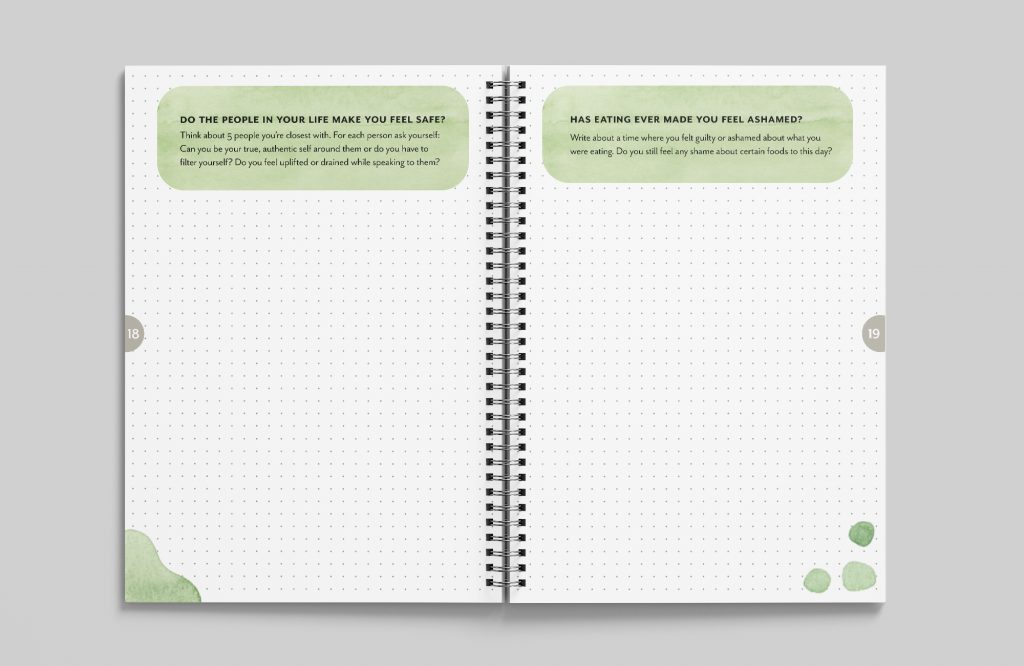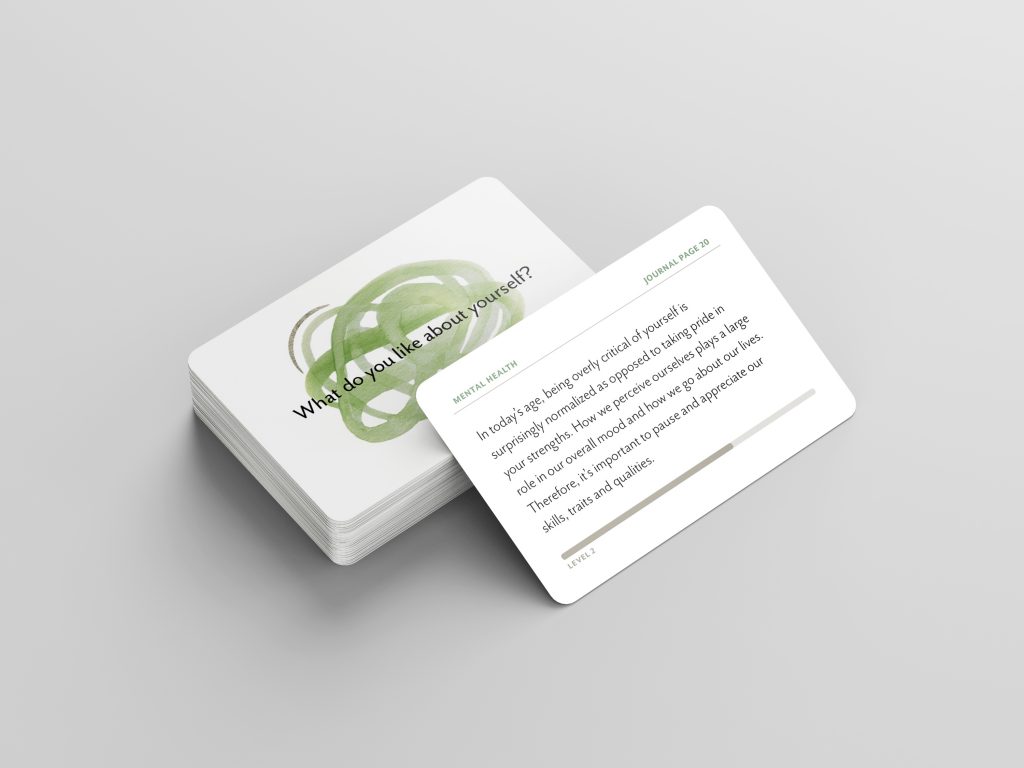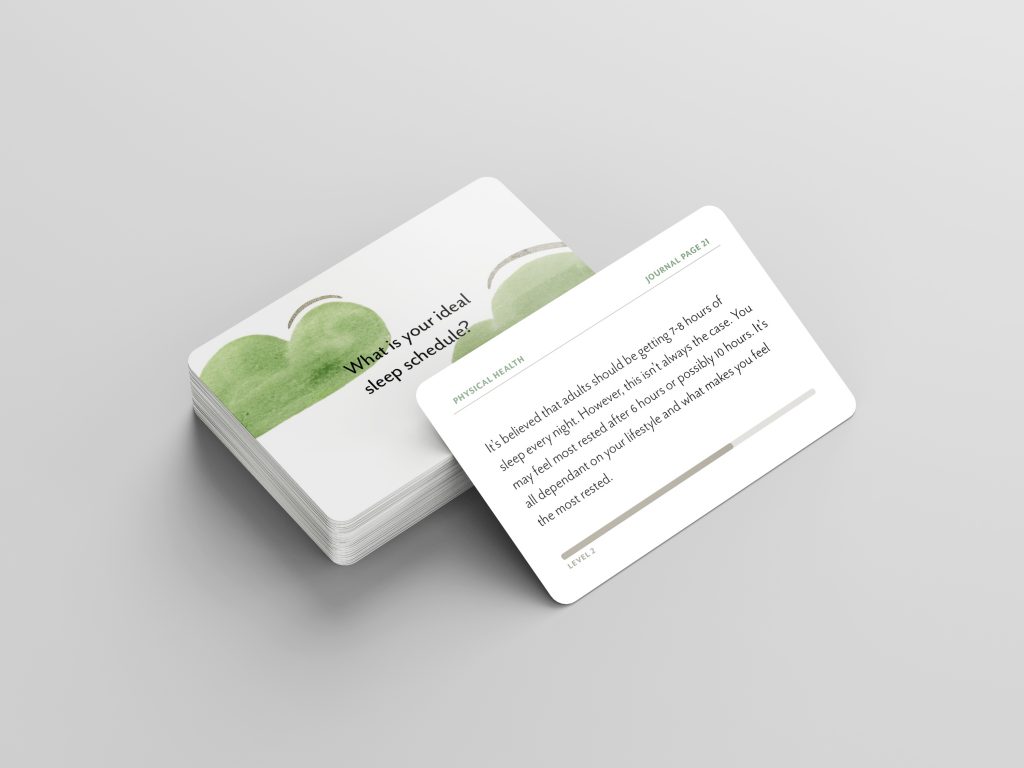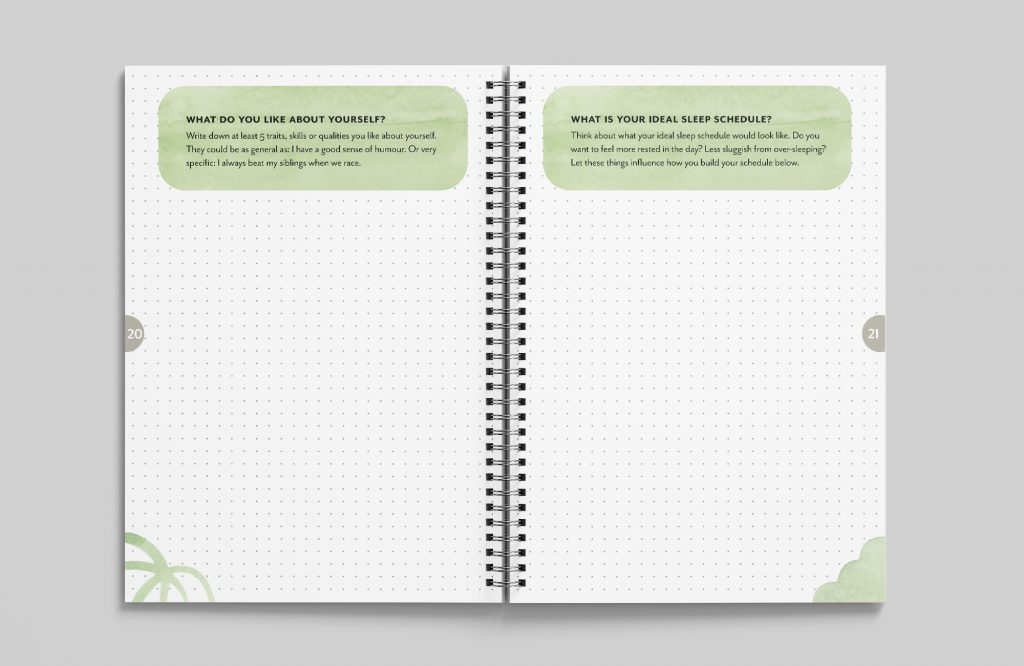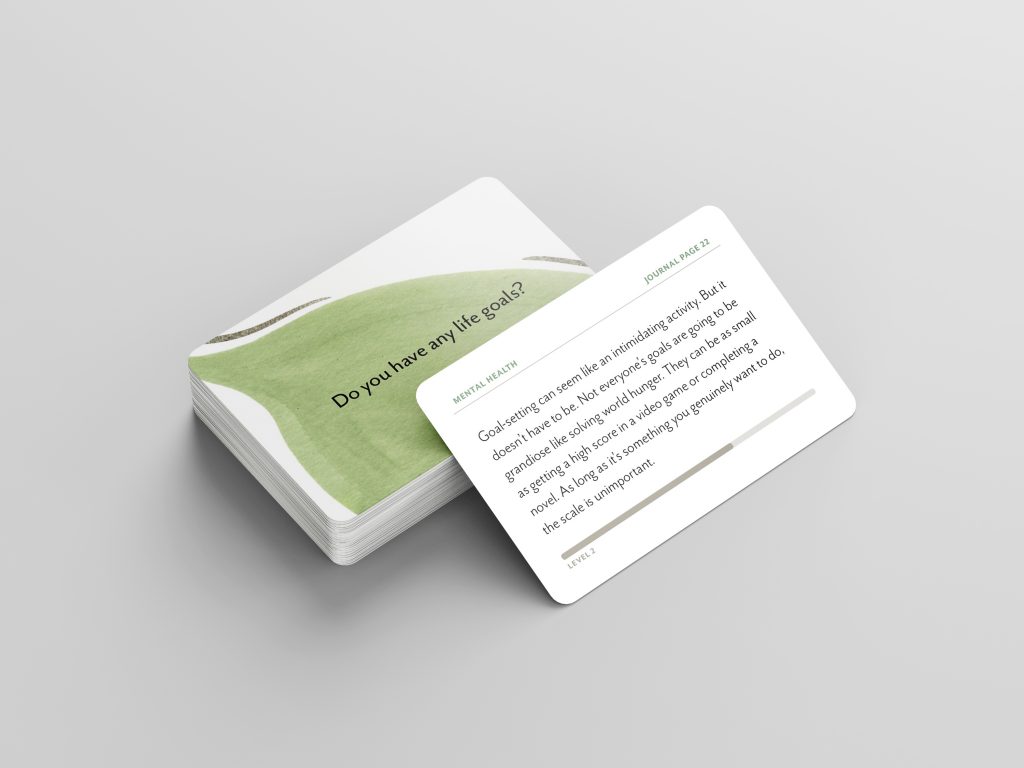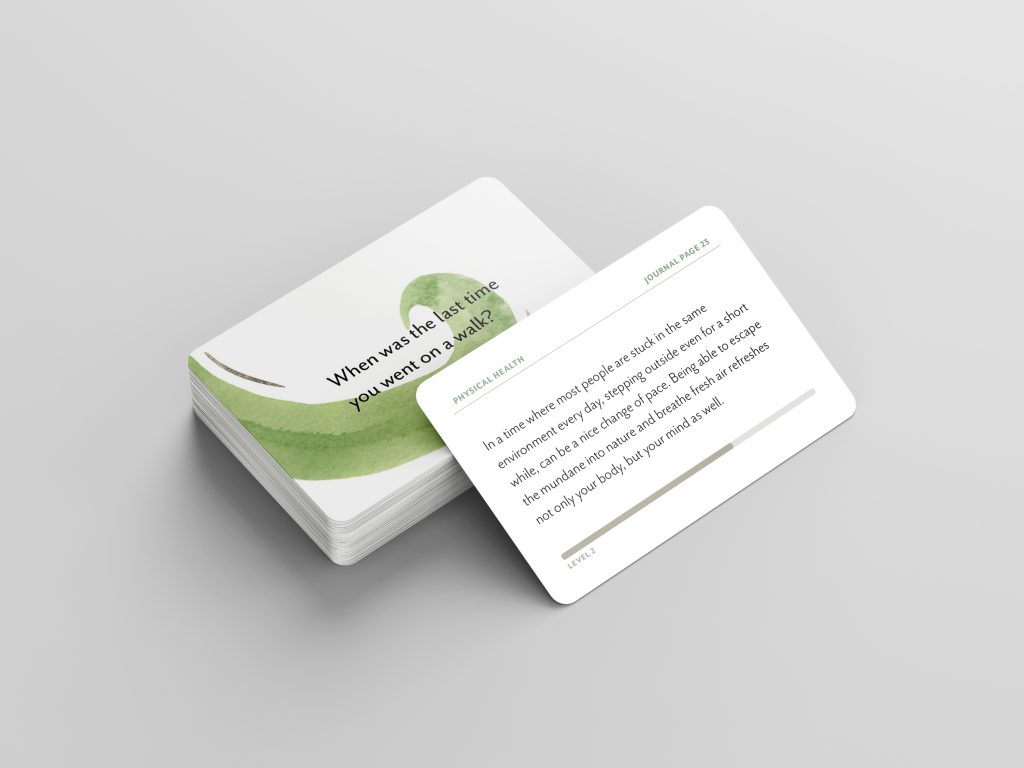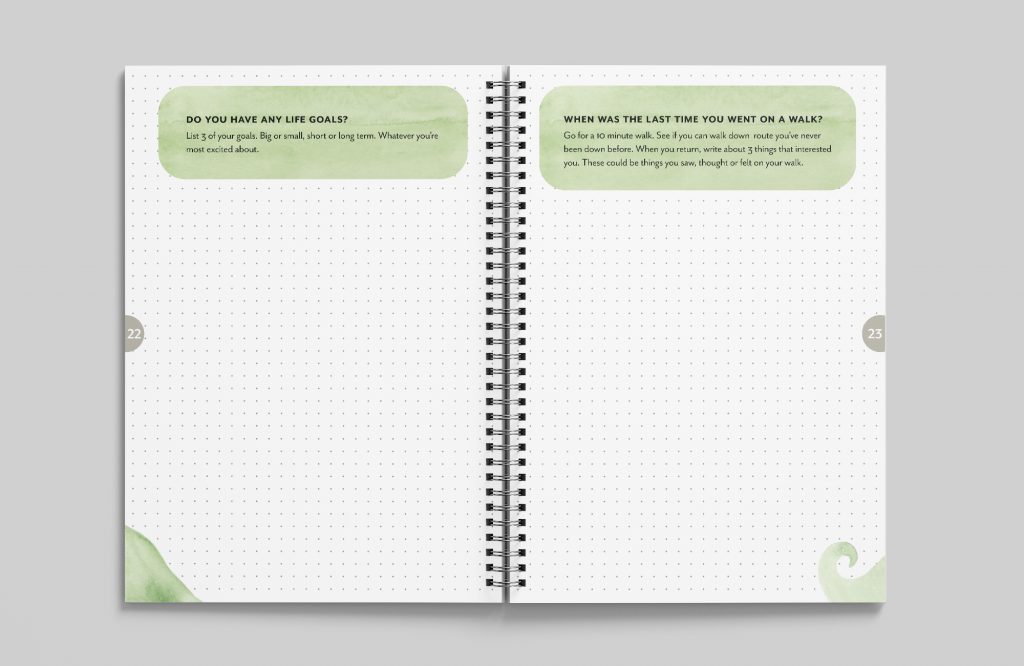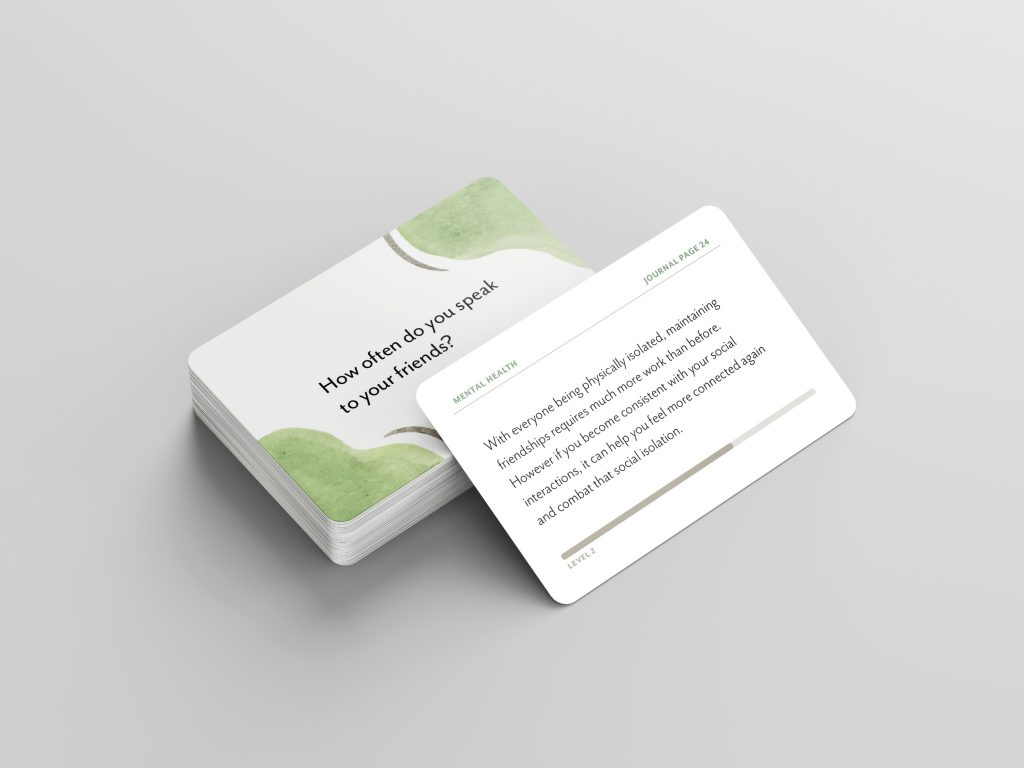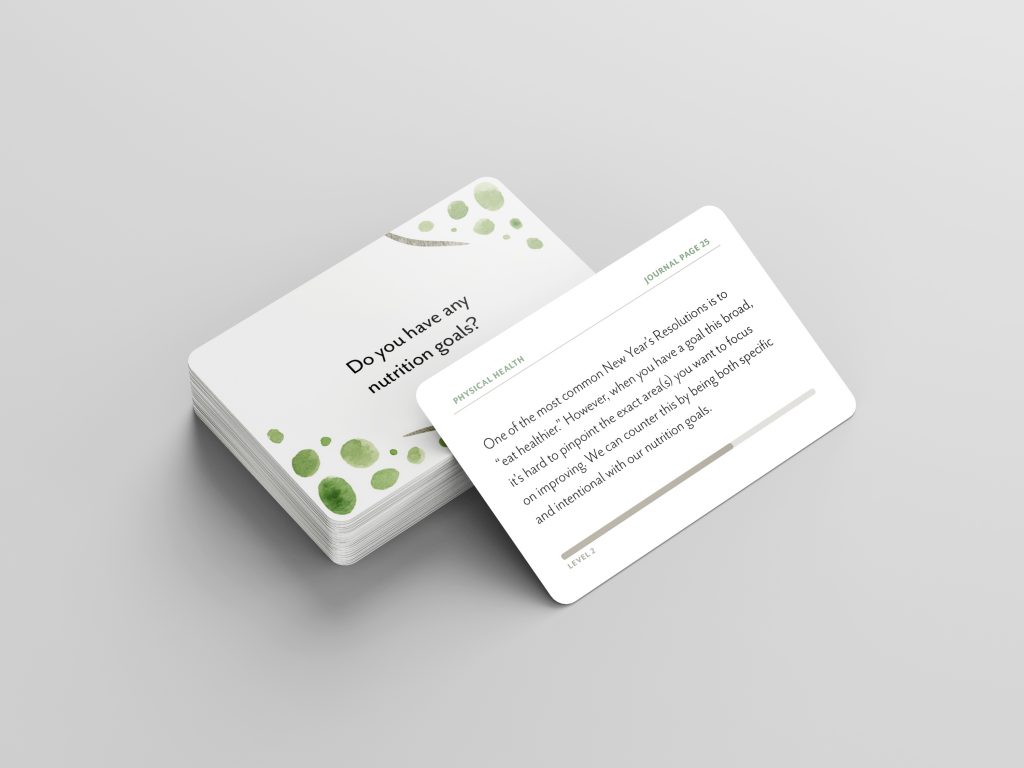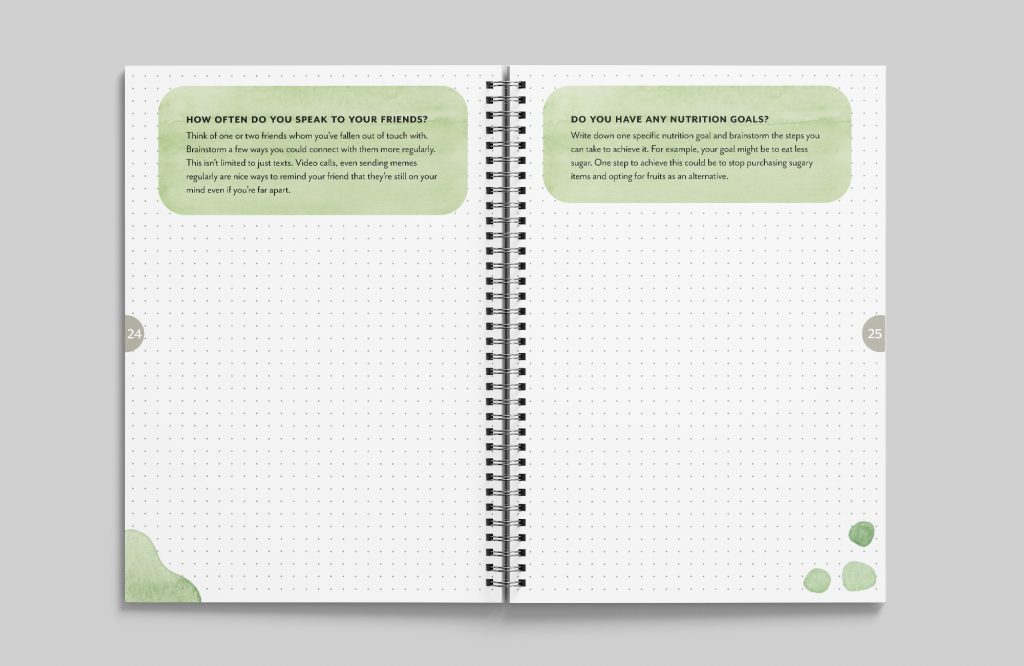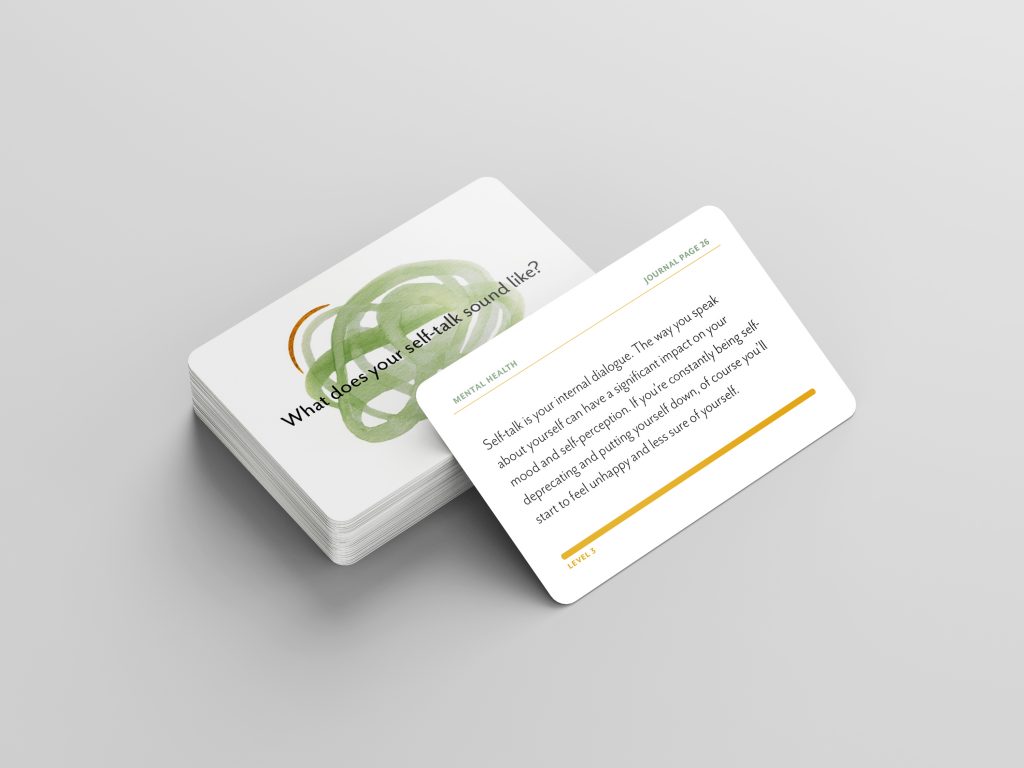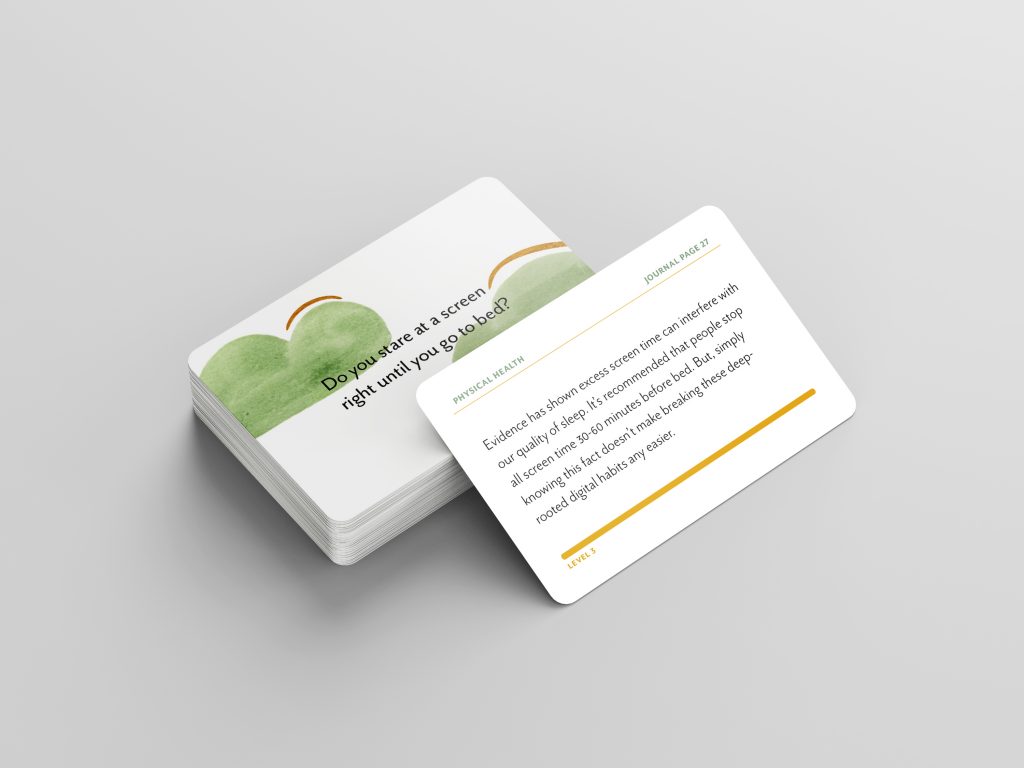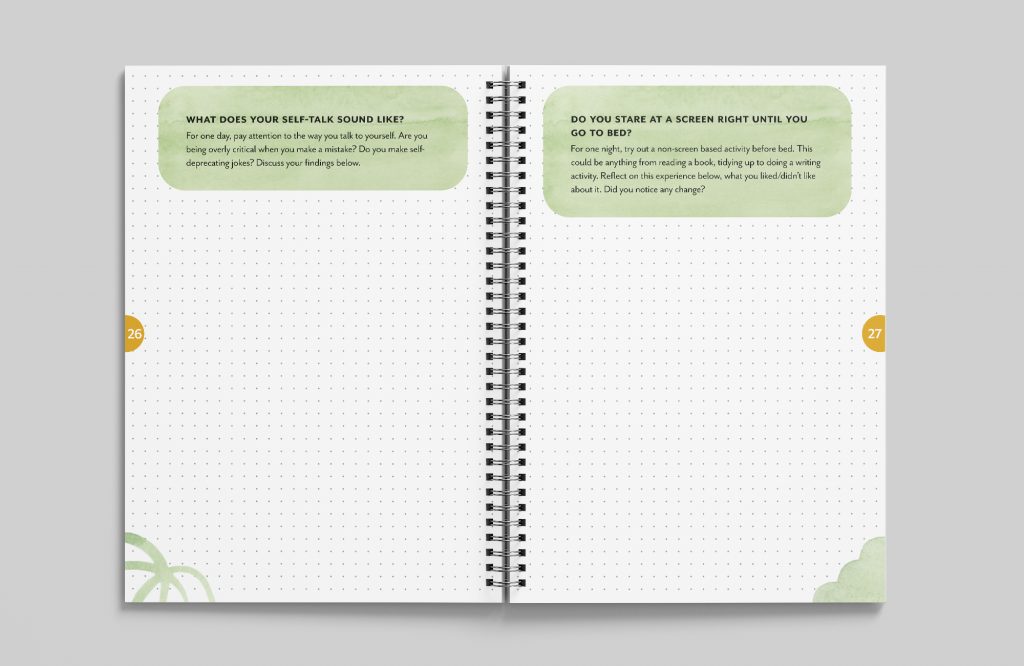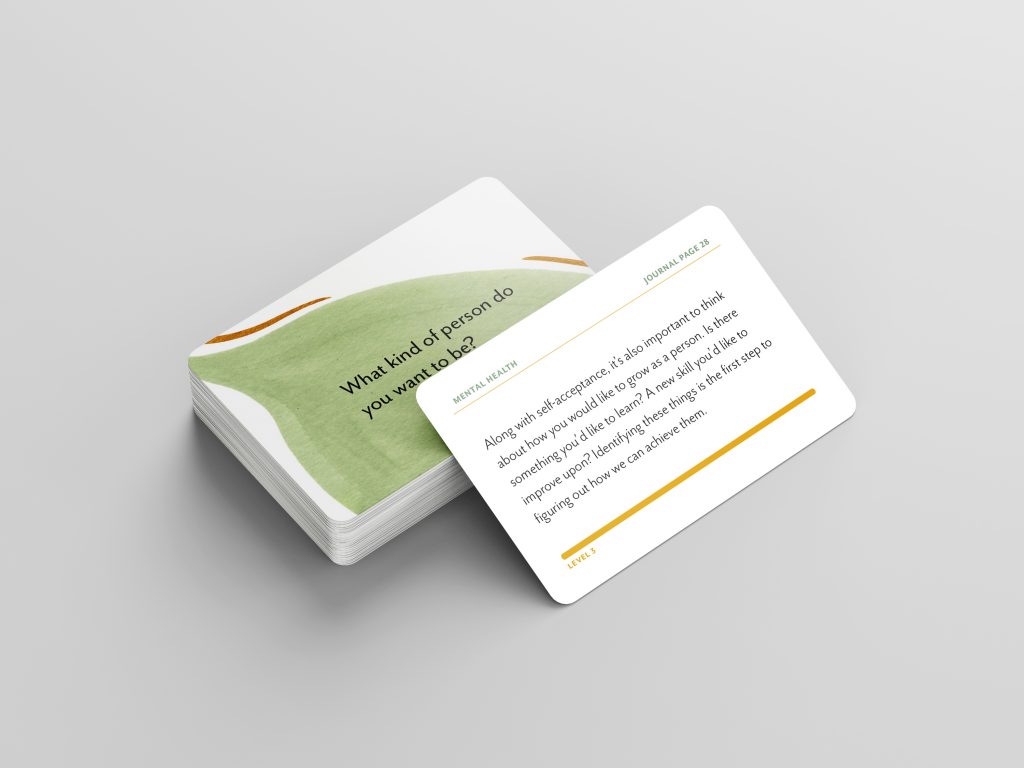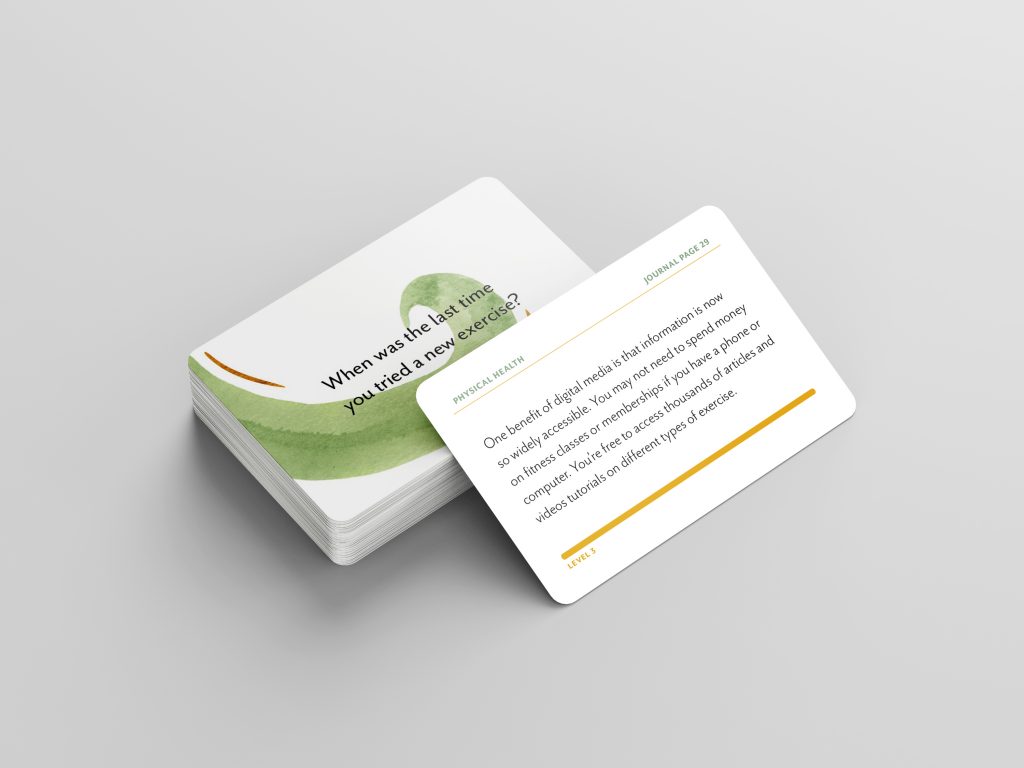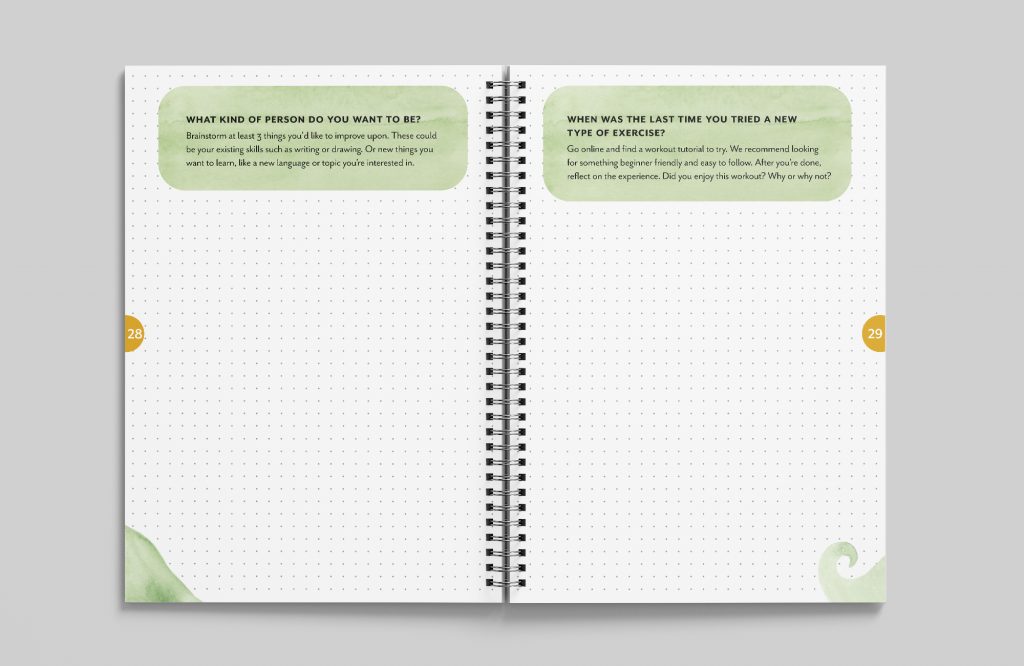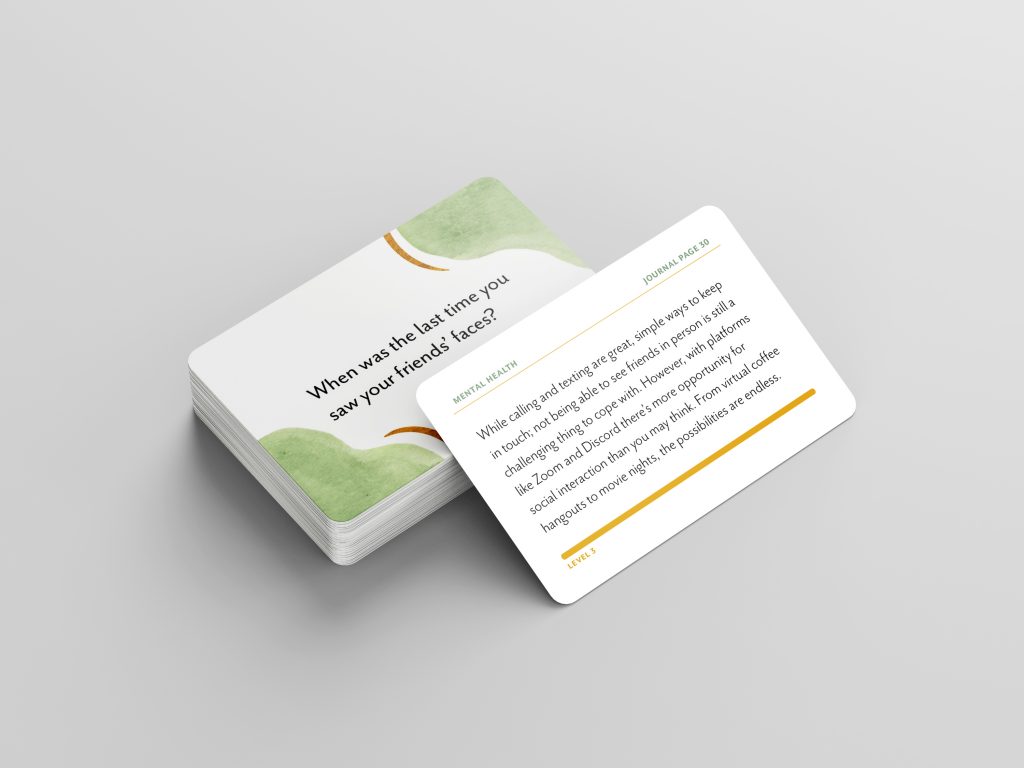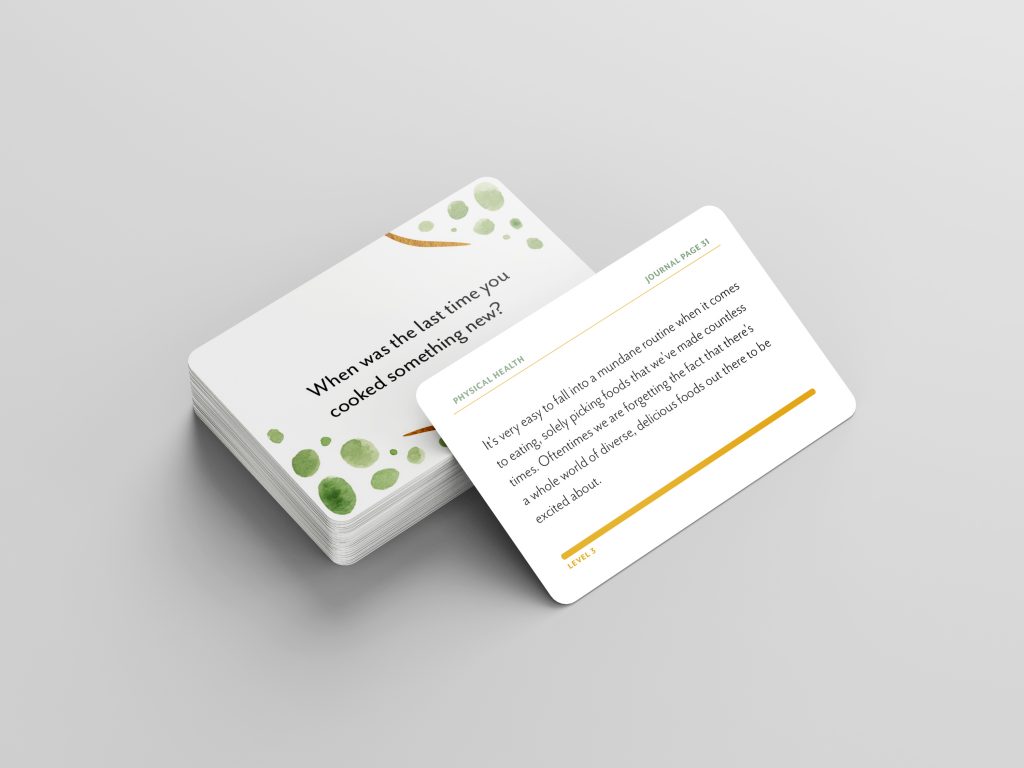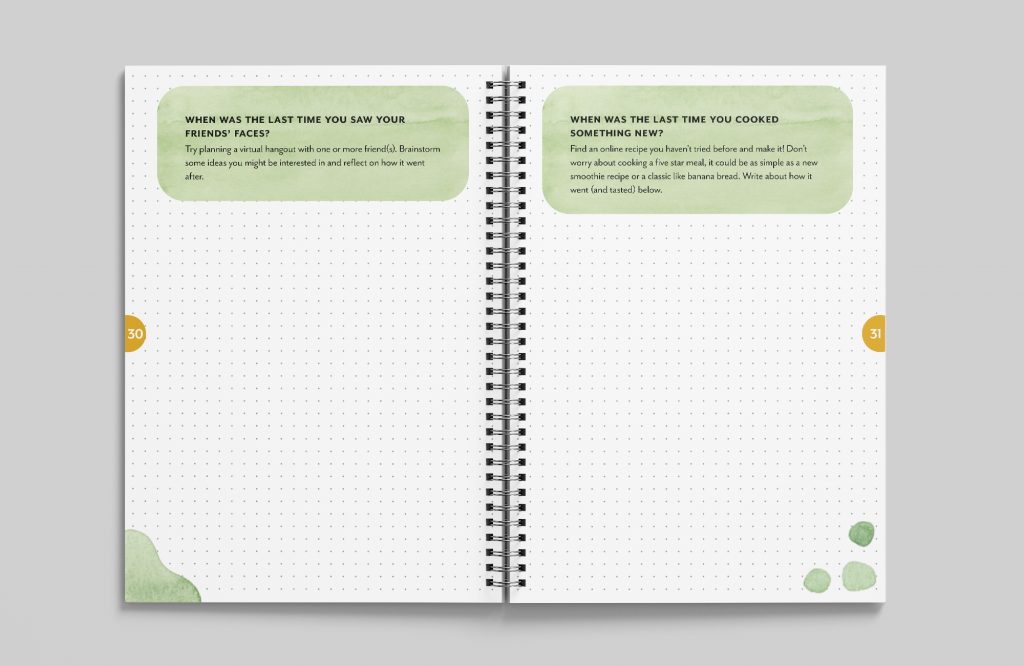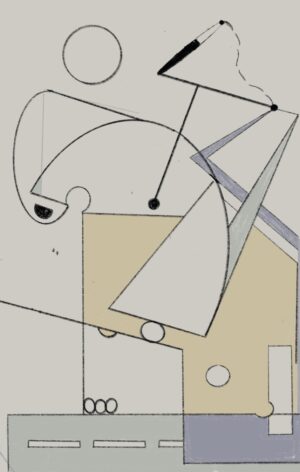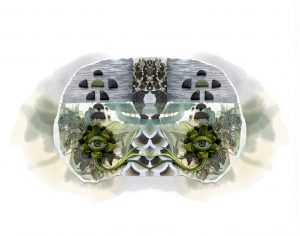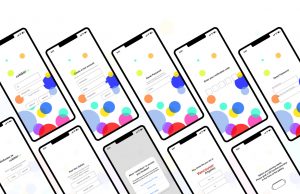WellAfter
Malika Gill
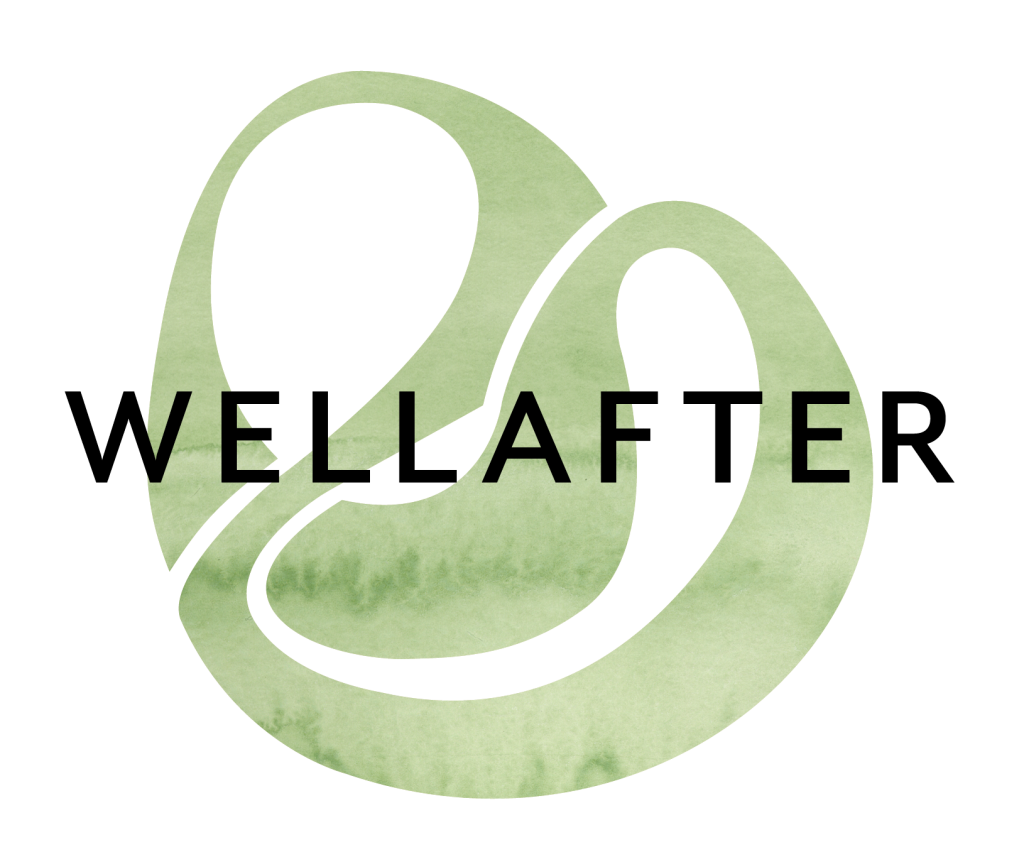
Introduction
Since the beginning of the COVID-19 pandemic, we’ve witnessed an emerging mental health crisis. People have found themselves unemployed, isolated and riddled with anxiety about the future. In quarantine, people have reported feelings of stress, depression and fatigue among others. All while being stuck, physically and mentally, in the same environment everyday.
What’s worse is that researchers believe that these mental health consequences of the COVID-19 crisis are likely to be present for a long time and peak later than the actual pandemic. It doesn’t help that this has made it increasingly challenging to keep up with our physical health, which has never been easy to begin with. Think about how many people abandon their health-related New Year’s Resolutions each year. Now with the decline in mental well-being and quarantine fatigue, it’s another barrier making it difficult to take care of ourselves, physically and mentally.
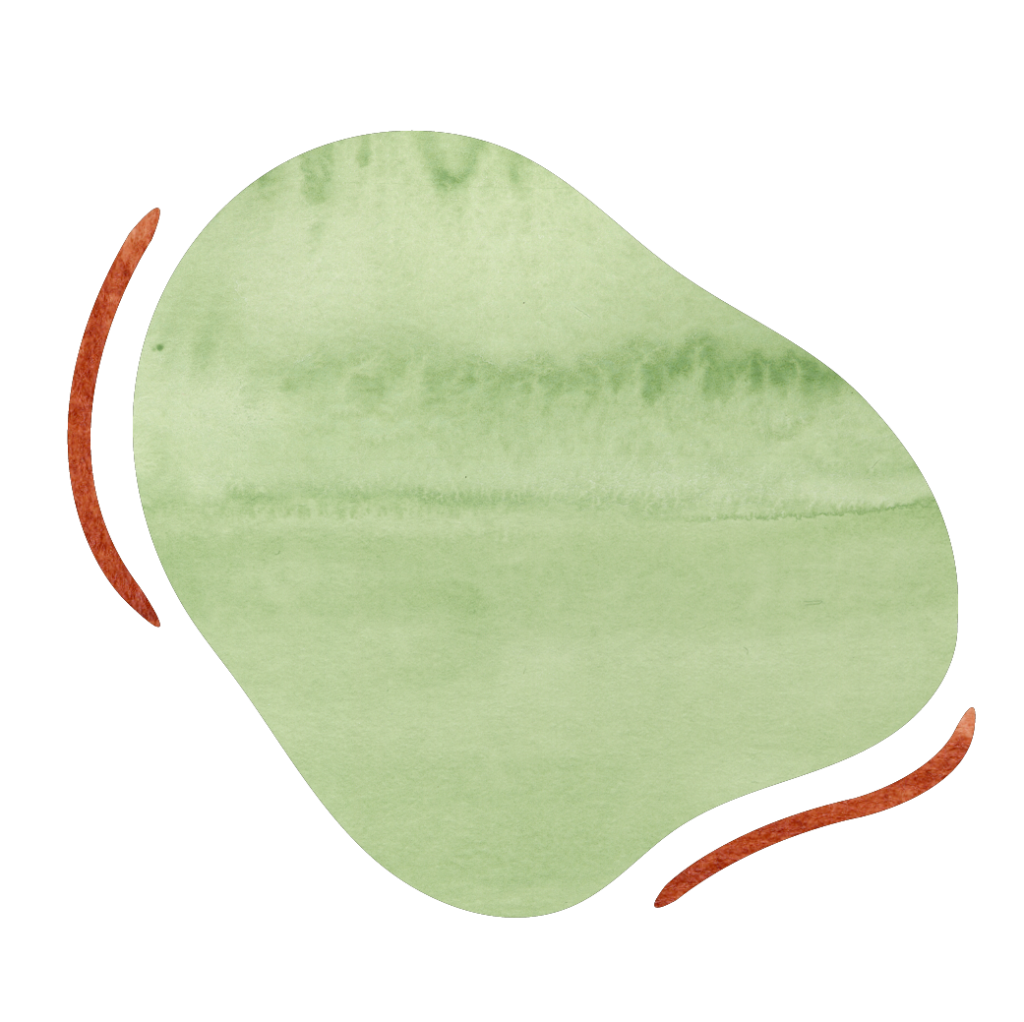
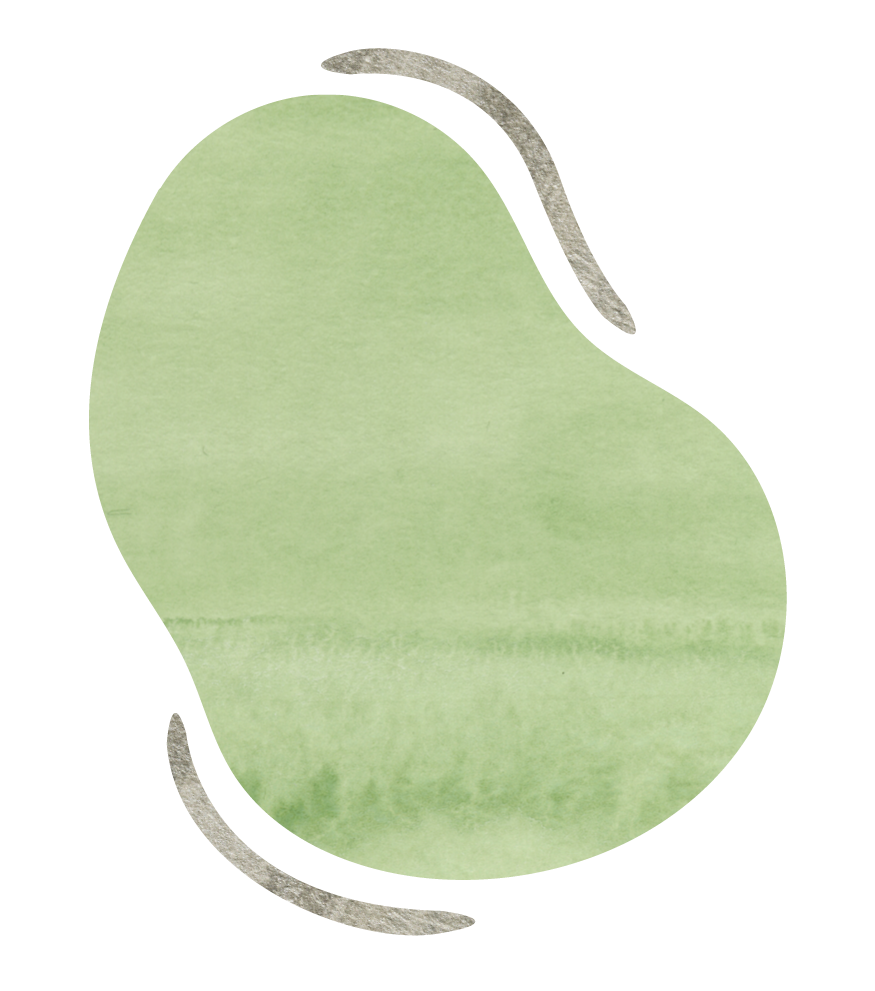
Challenges
So, how do we even begin to tackle such a complex health crisis? Well to begin, research has shown that our physical and mental health are more interconnected than we might initially think. It’s easy to try and separate mind from body, but this is not quite the case. Habits we generally associate with either physical or mental health, actually benefit both. Habits like getting proper sleep, exercising, getting ample nutrition, practicing healthy self-talk, making social connections all these things are good for you in a multitude of ways. It comes back to this idea that if you can build and continue these habits for the long-term, you’ll take care of your body and it’ll take care of you.
However, despite having this information, there’s still numerous obstacles that arise when tackling this health crisis. The most notable one being that people have vastly different bodies, preferences and lifestyles as a whole. There is no one, universal way to solve a health crisis. But, what we can do is encourage people to spend time reflecting on different aspects of their overall health and consider how they might implement healthy habits that suit their own tastes and lifestyle. This is where WellAfter comes in.
What is WellAfter?
WellAfter is an introspective wellness system designed to help people reflect on their healthy habits and explore ways to stay healthy “well after” the pandemic. There are two components to this system, a set of 30 wellness prompts and a journal. There’s five prompts for the each aspects of mental health (emotional, psychological and social well-being) and physical health (physical activity, nutrition and sleep).
Each prompt directs you to a journal page where you complete an accompanying written activity. The prompts introduce the user to different health concepts and encourage the user to explore them further in the matching journal activities. These prompts and activities are broken up into three levels according to difficulty. While it’s suggested that people do one activity every other day, the frequency is flexible and people are free to adapt it to their schedule.

